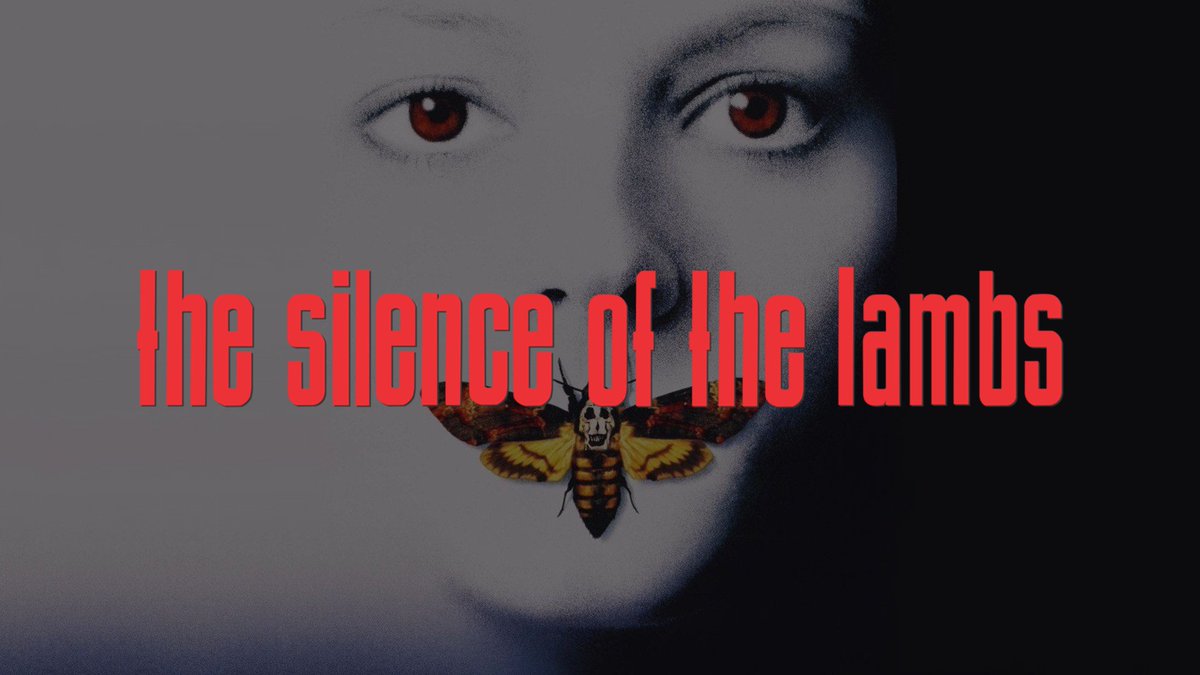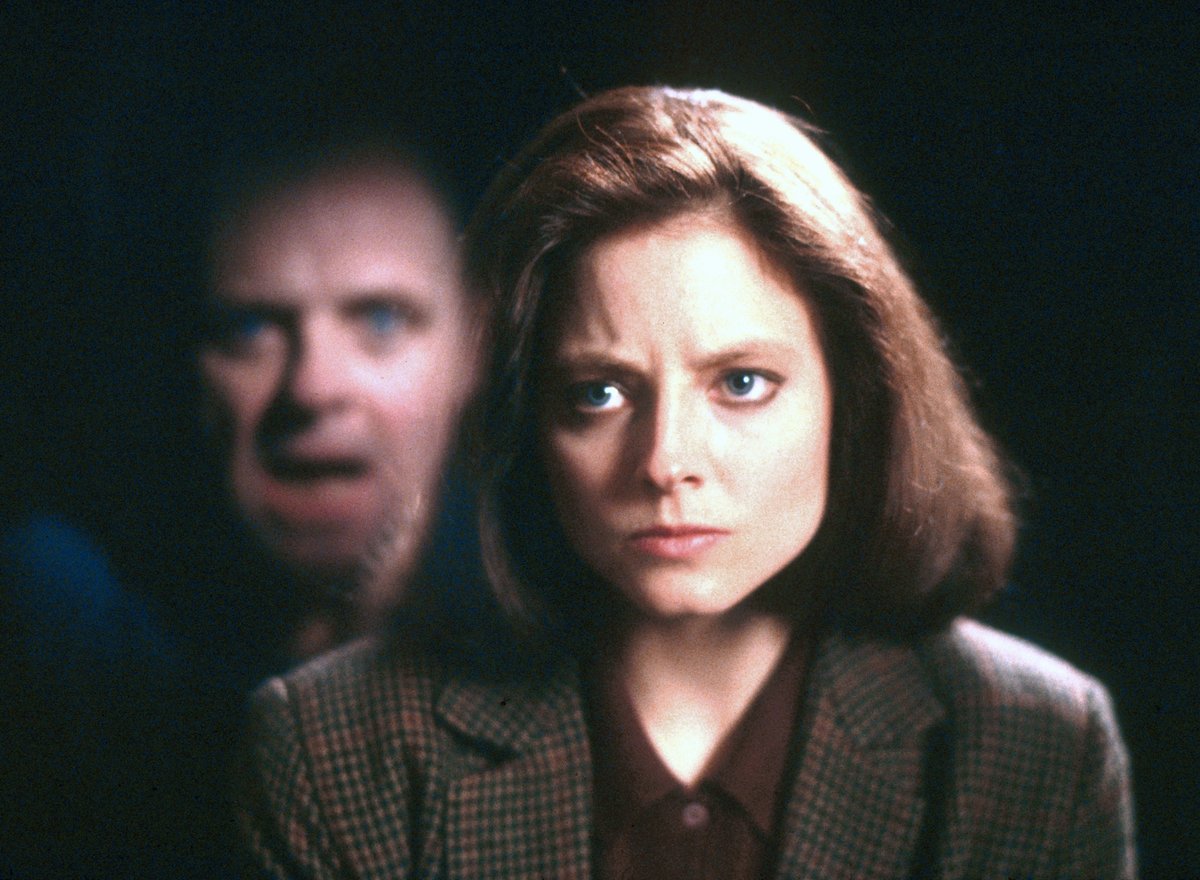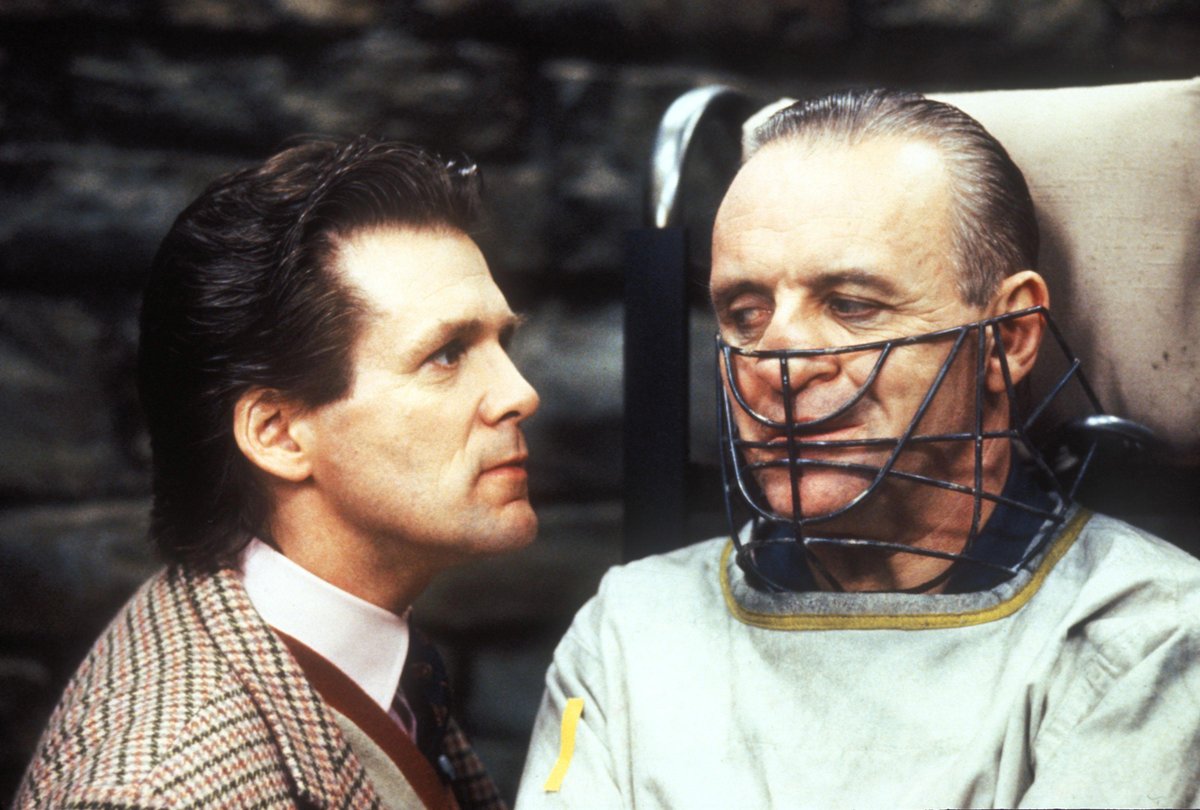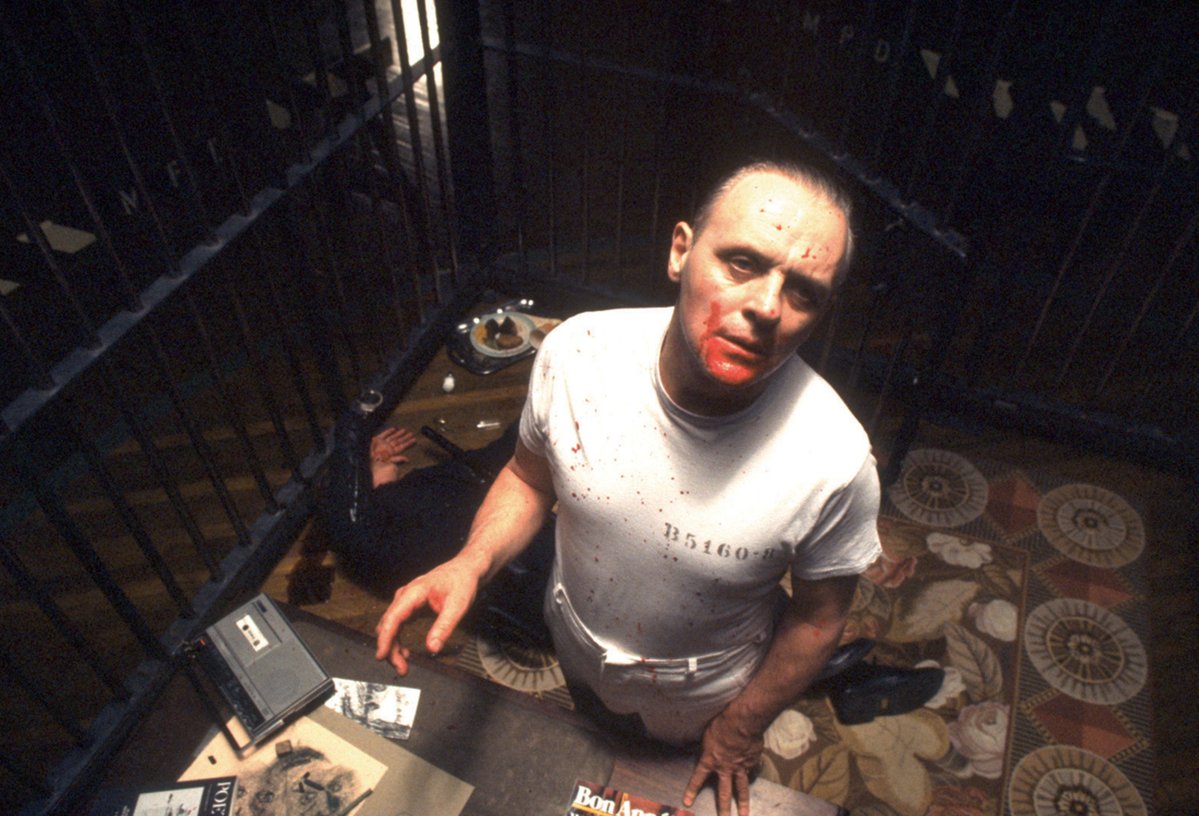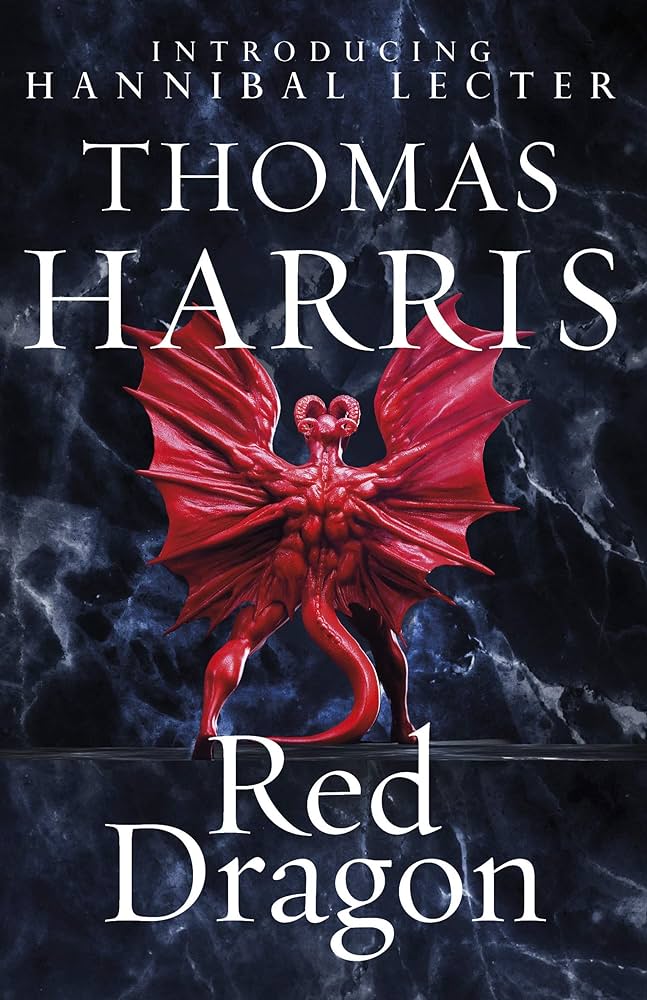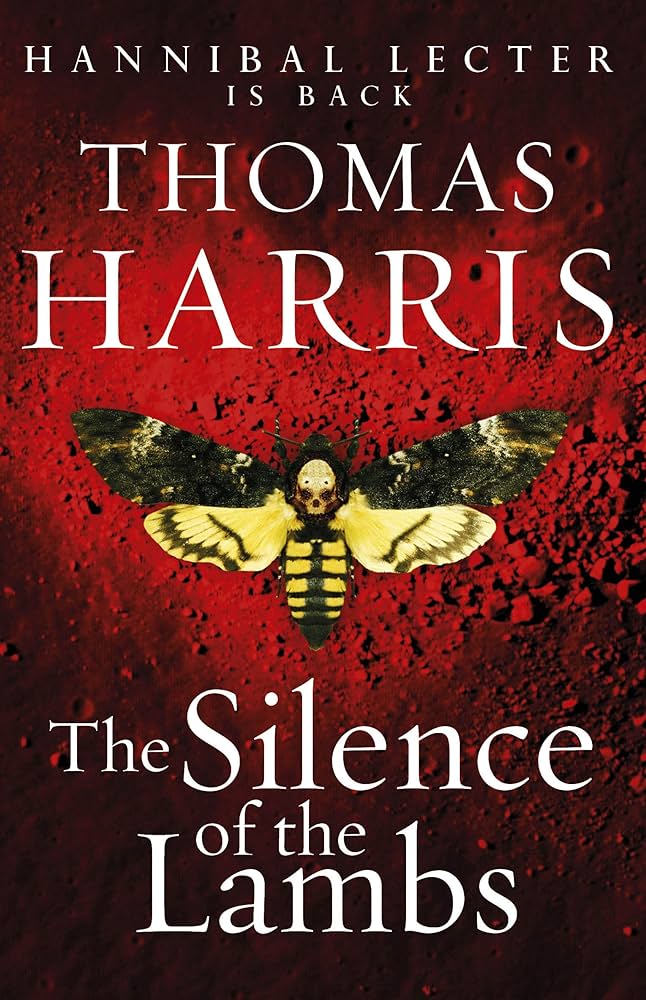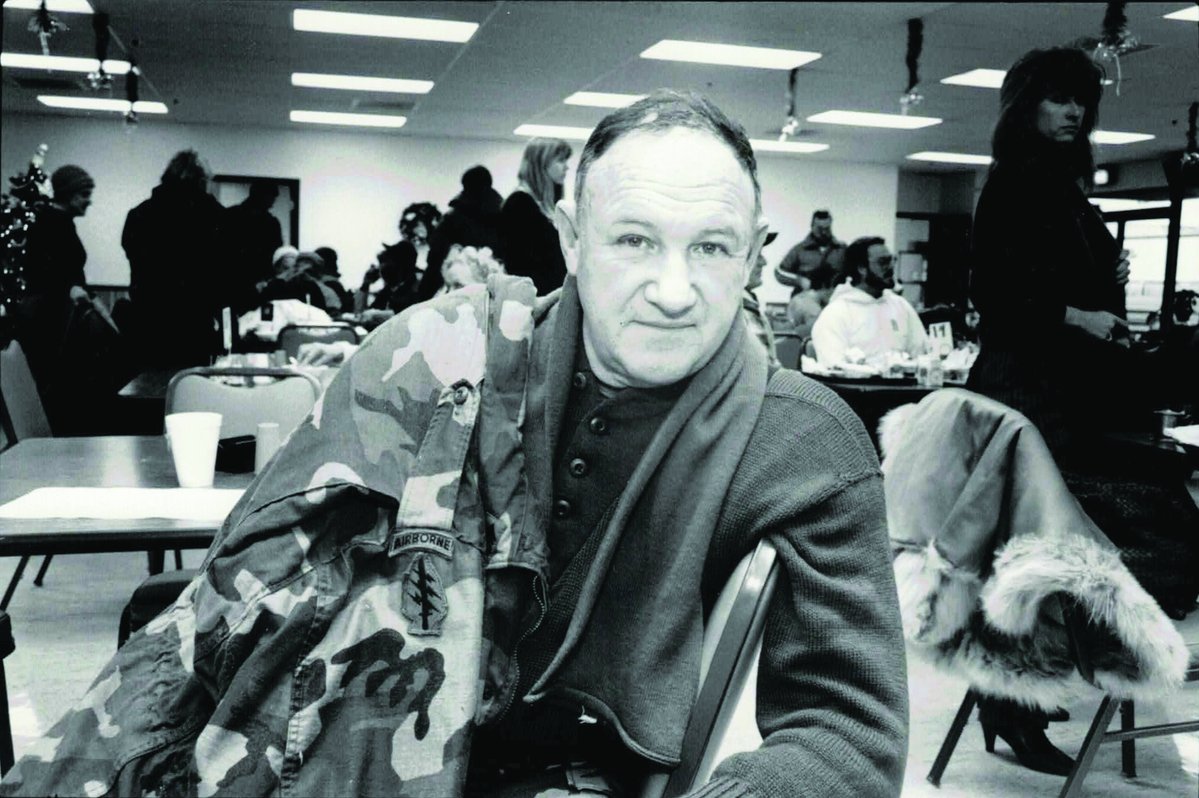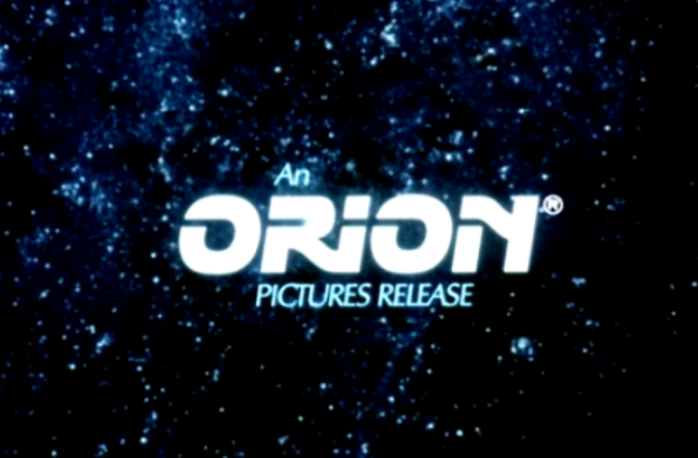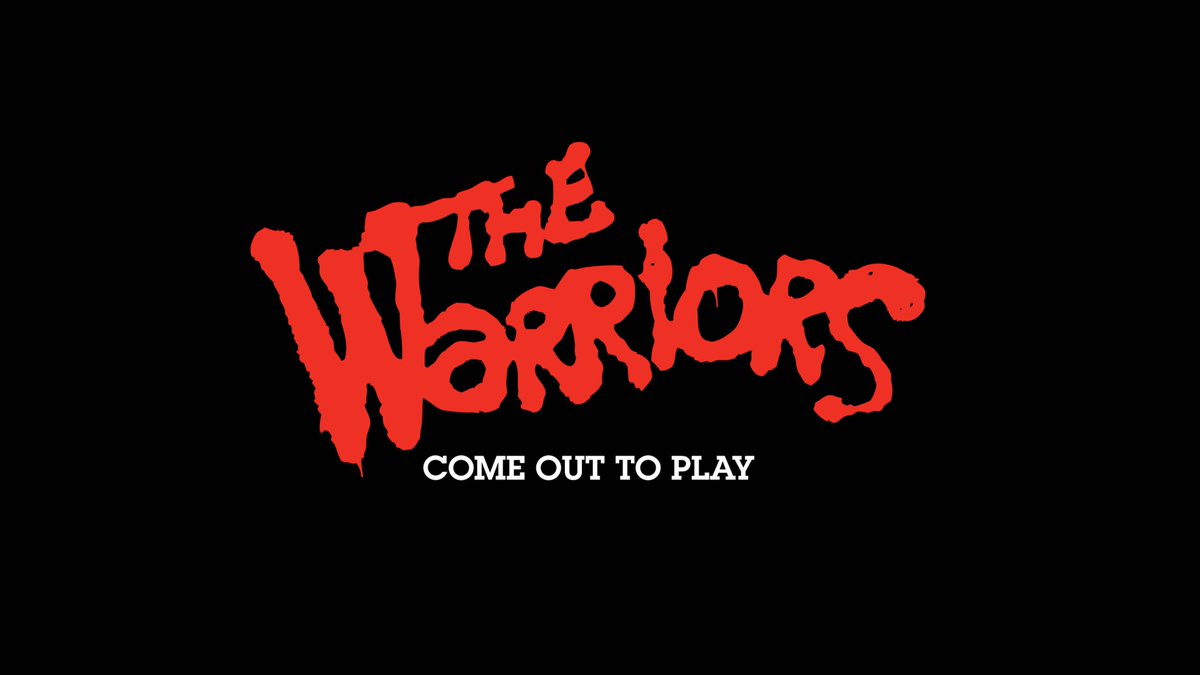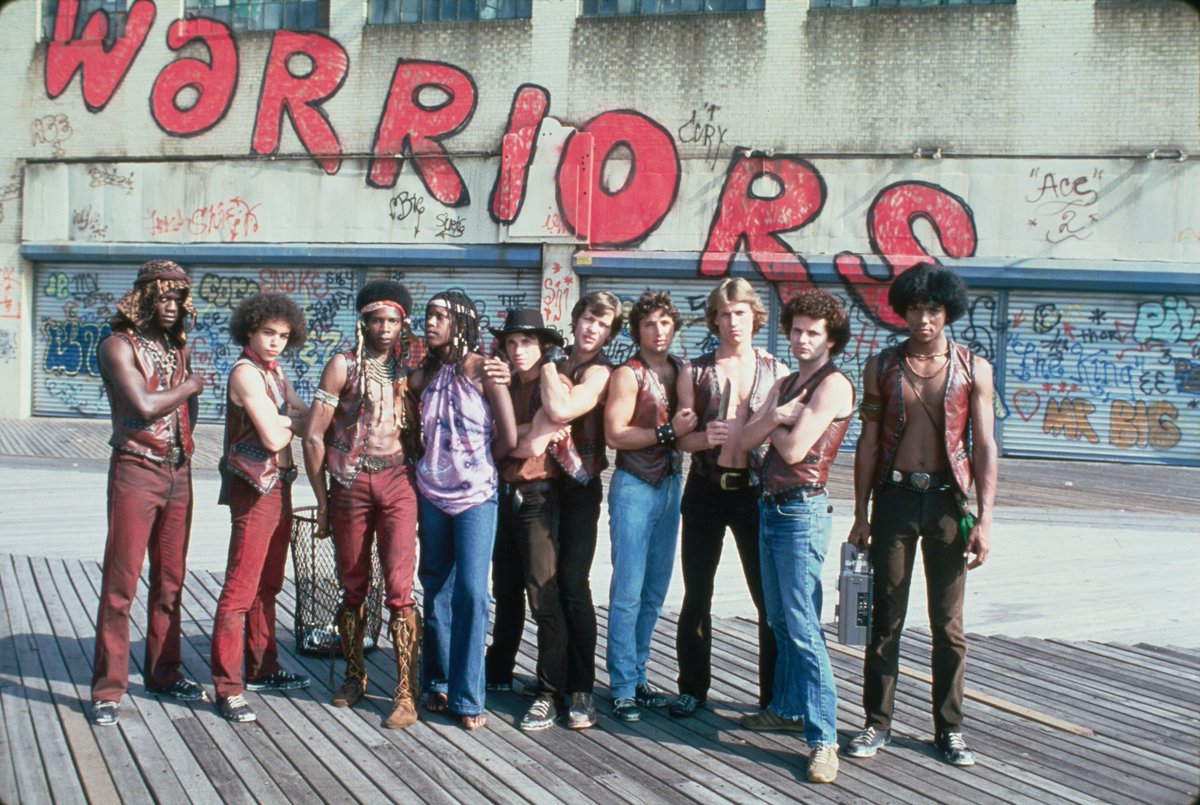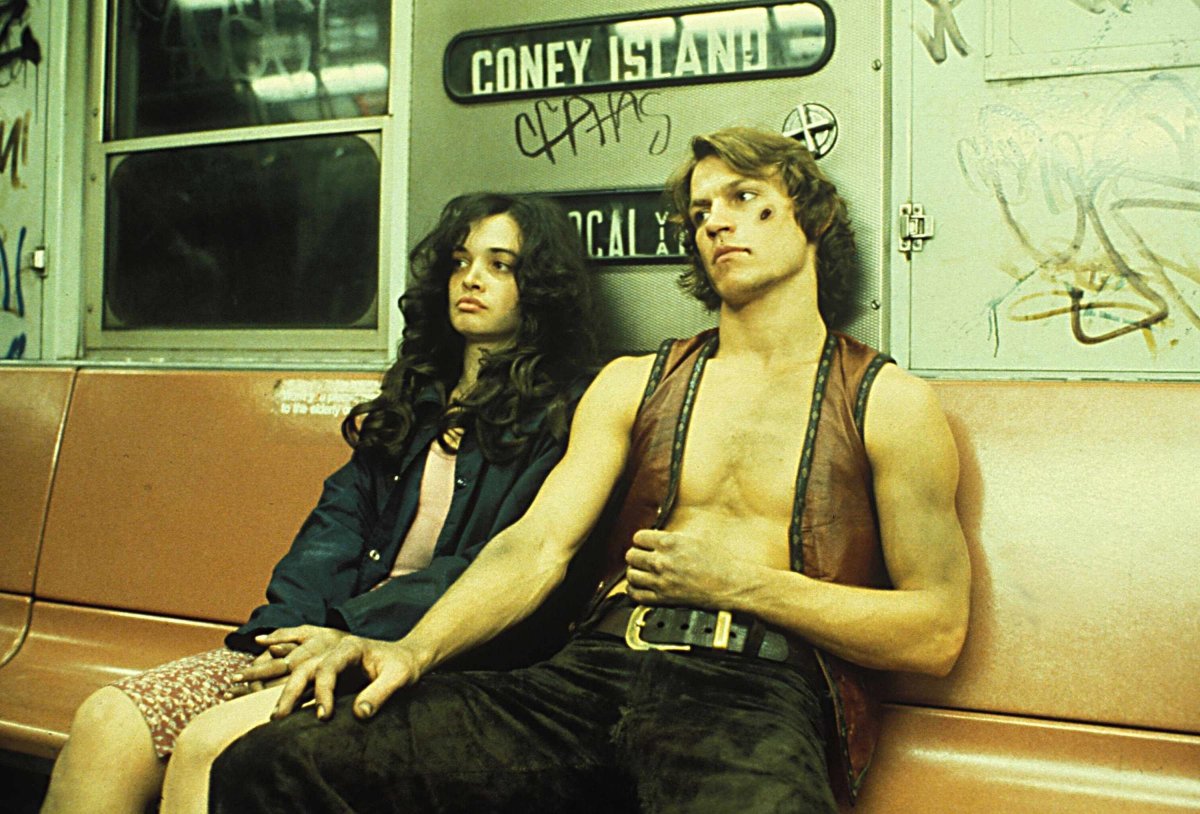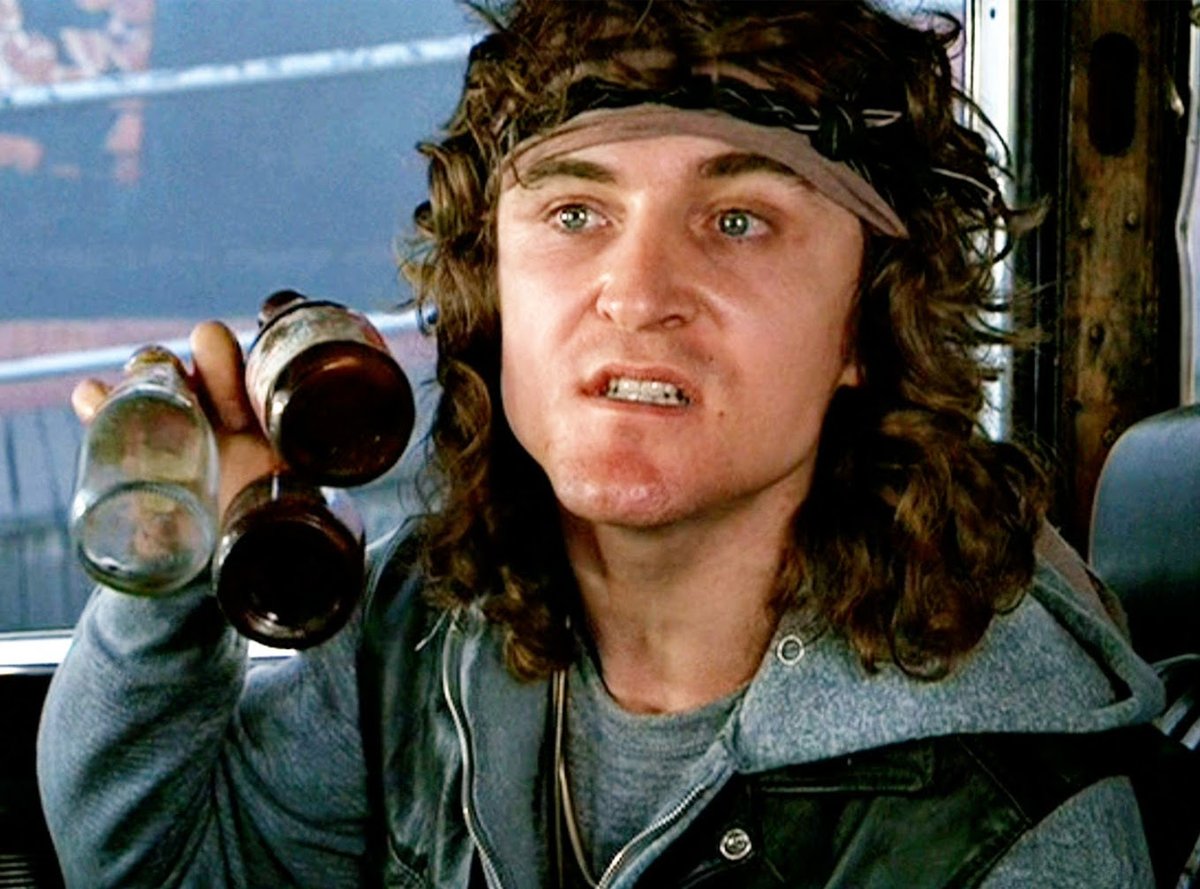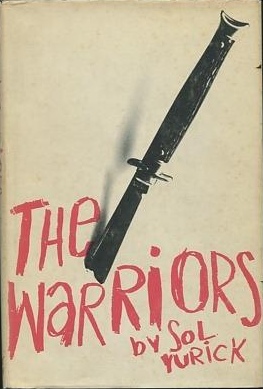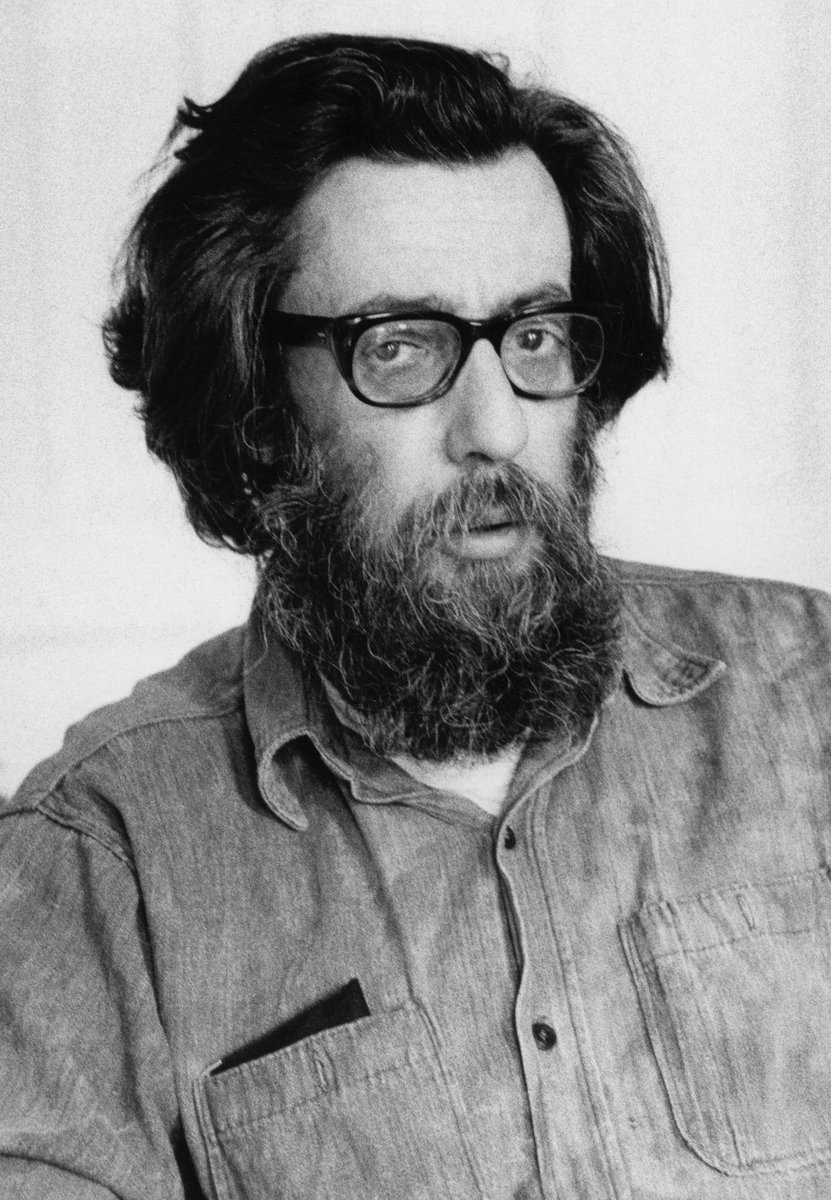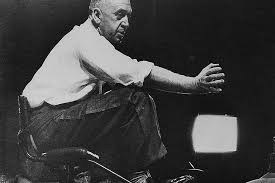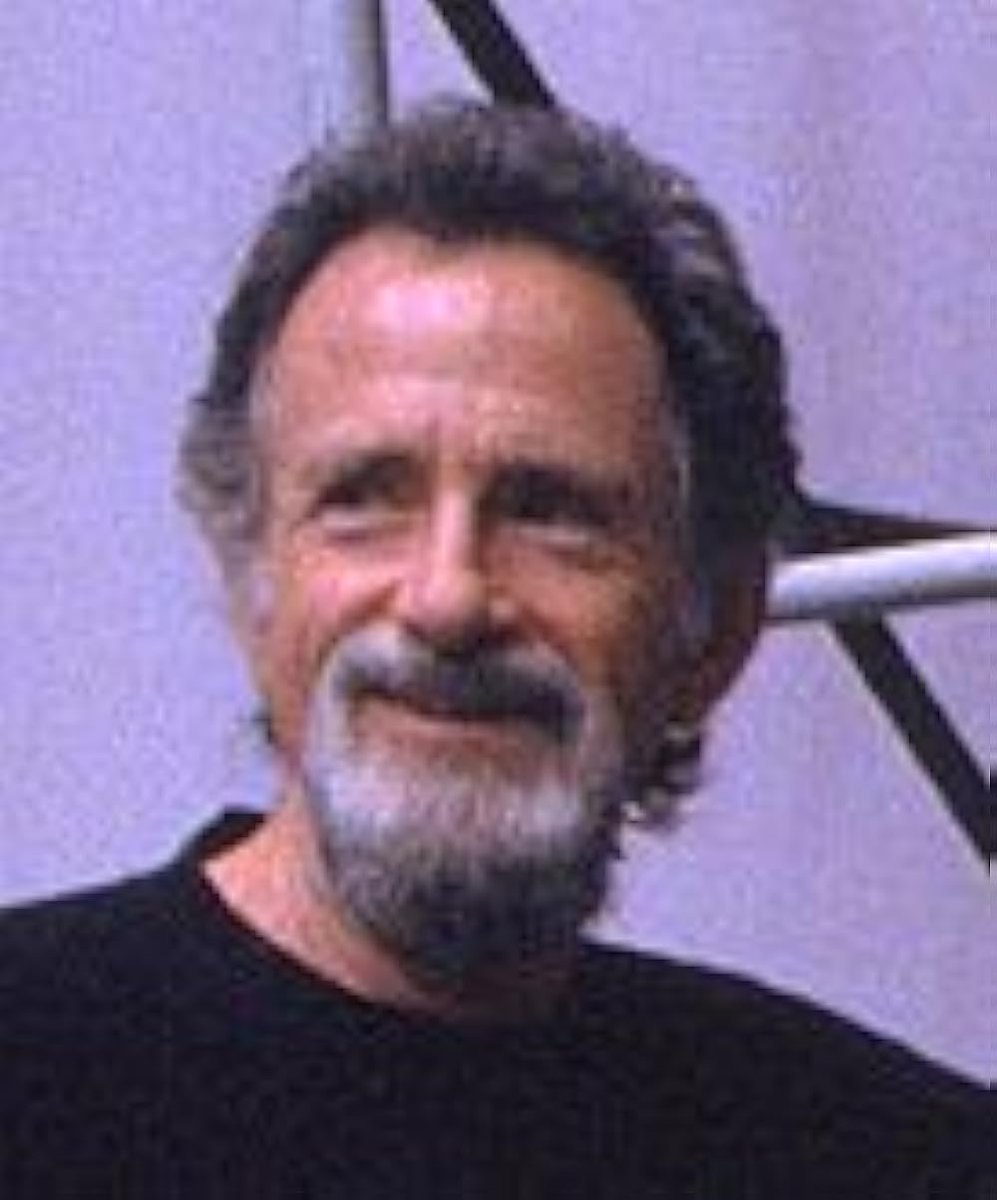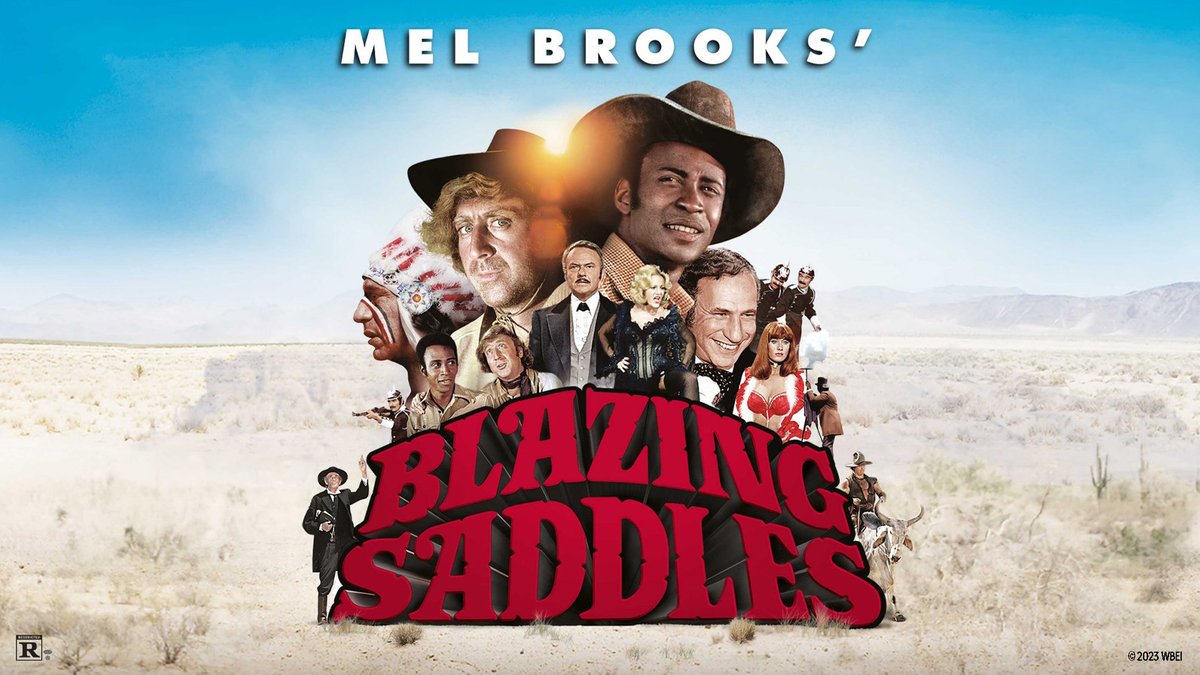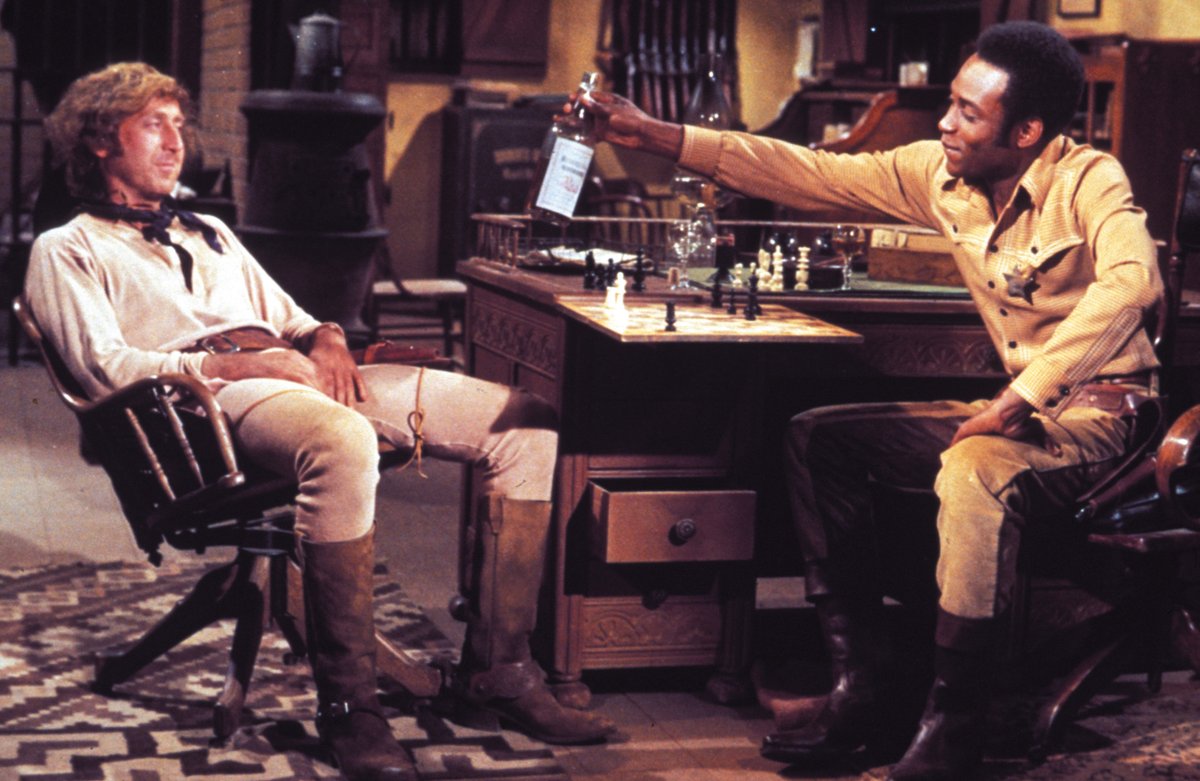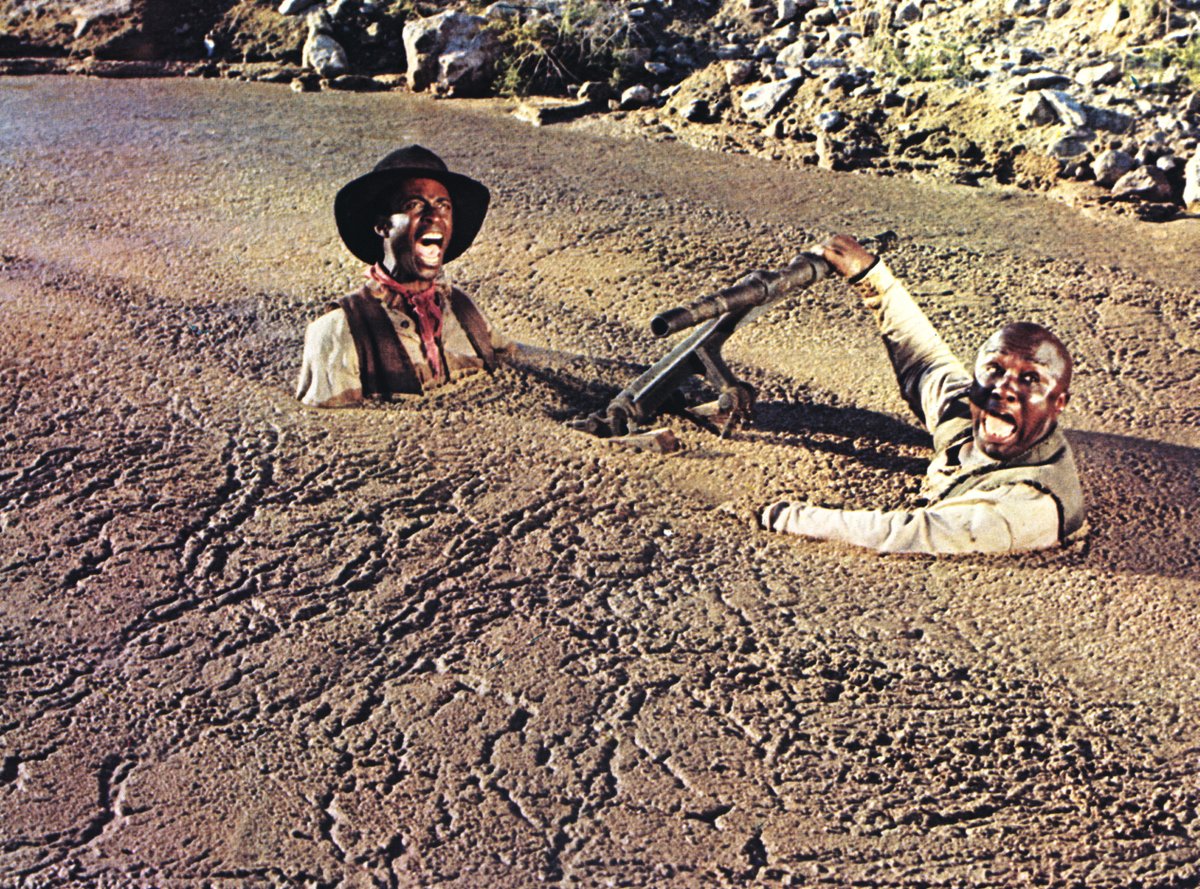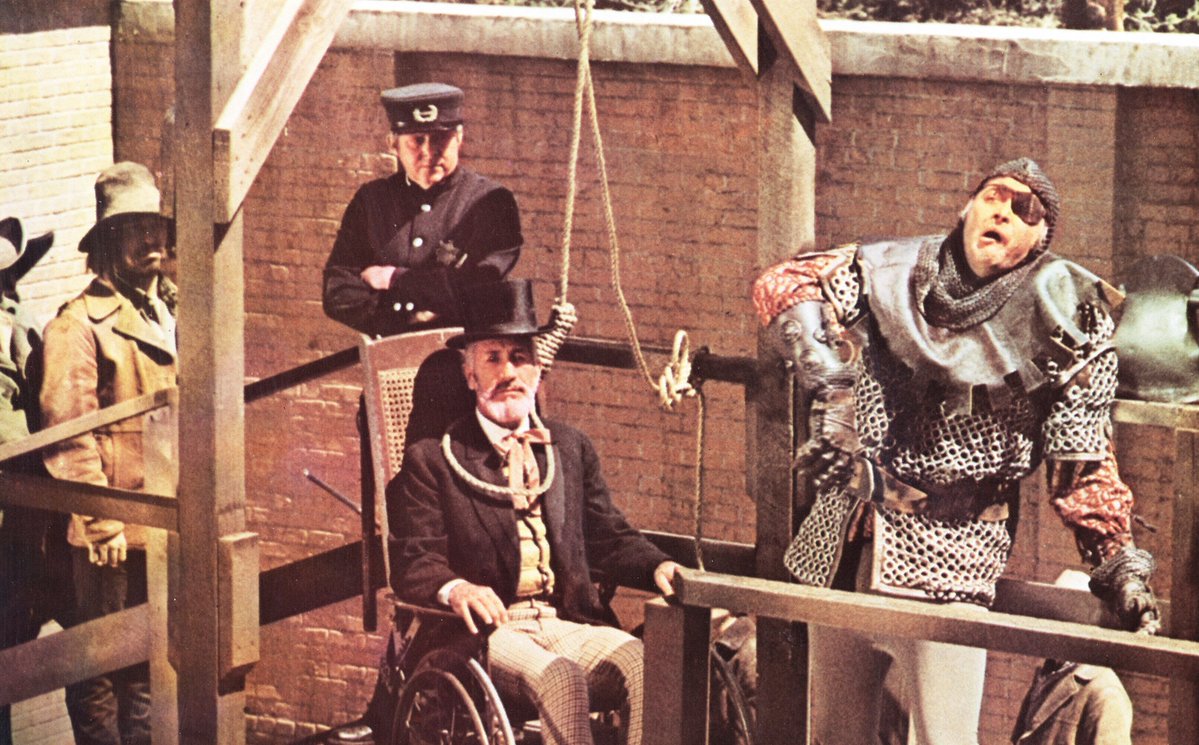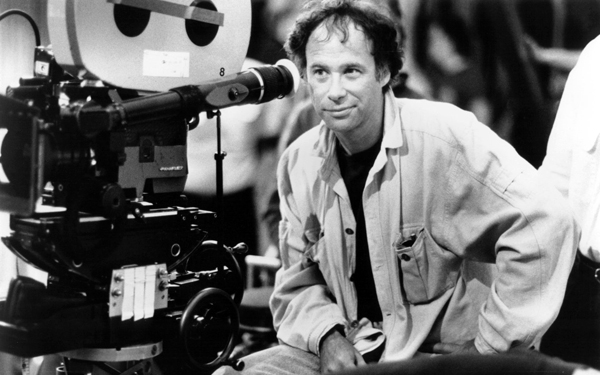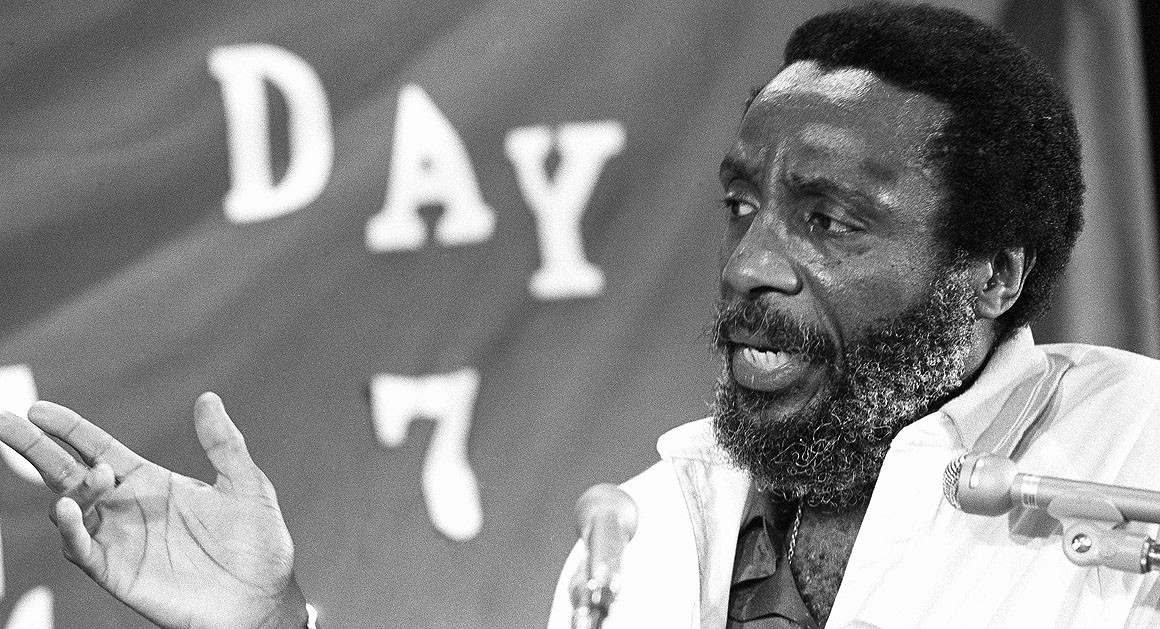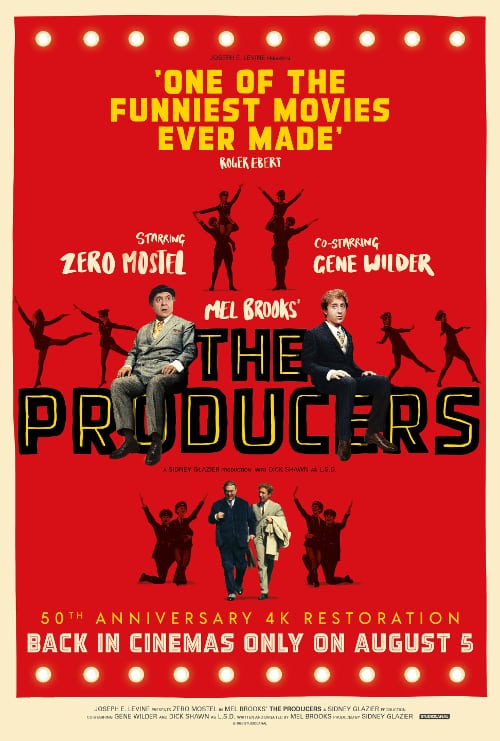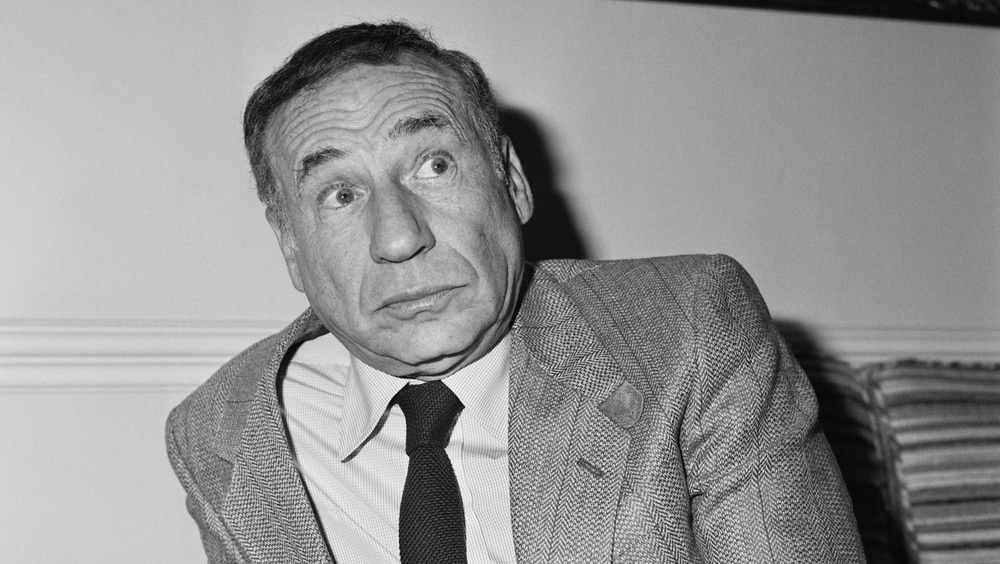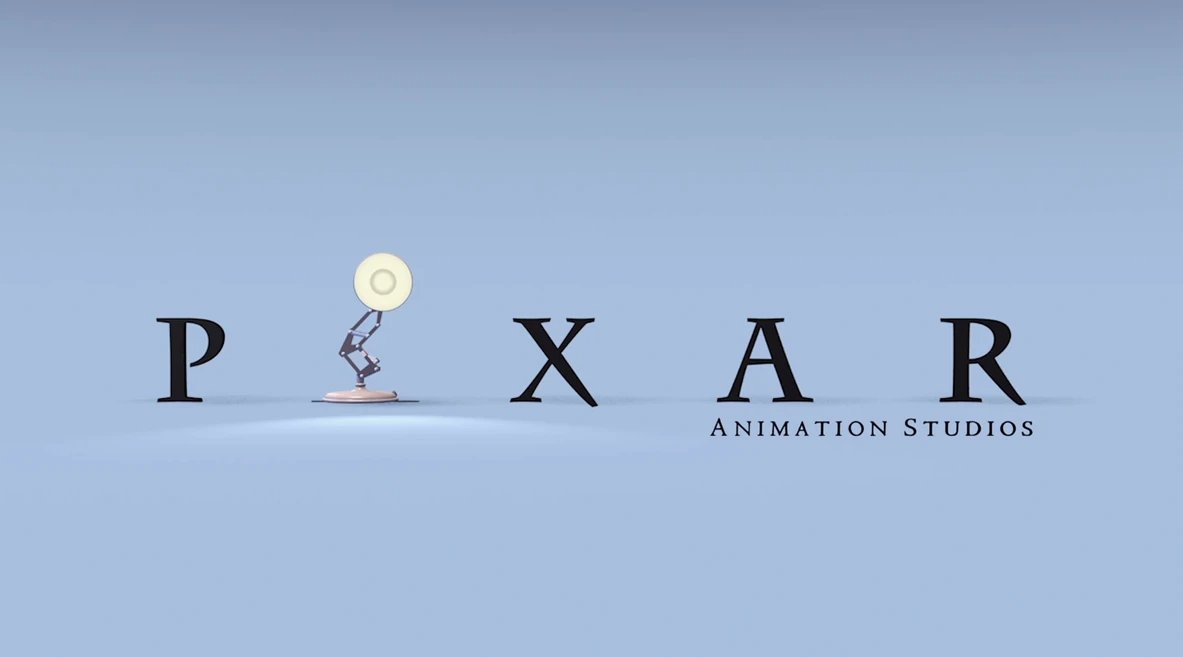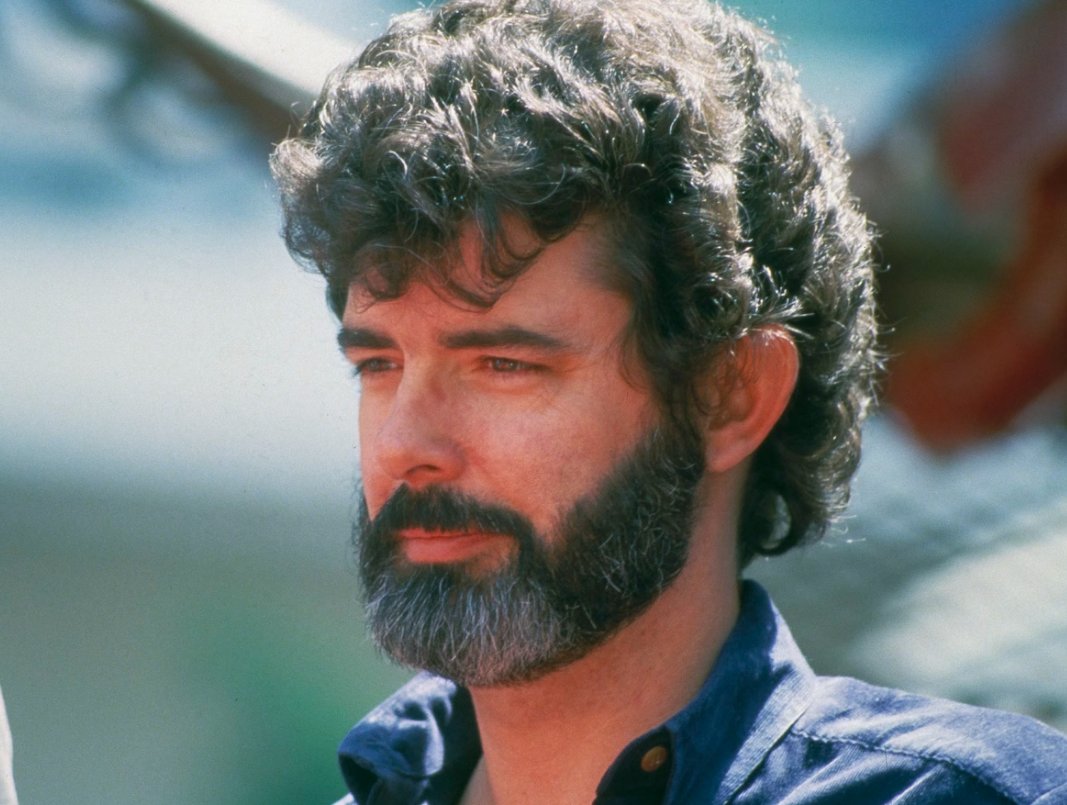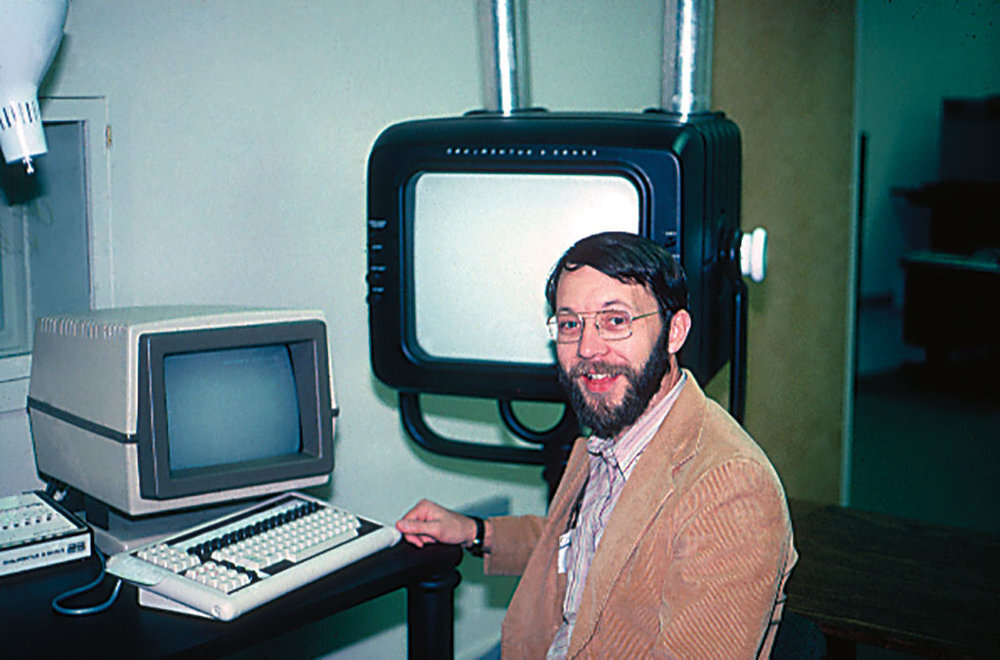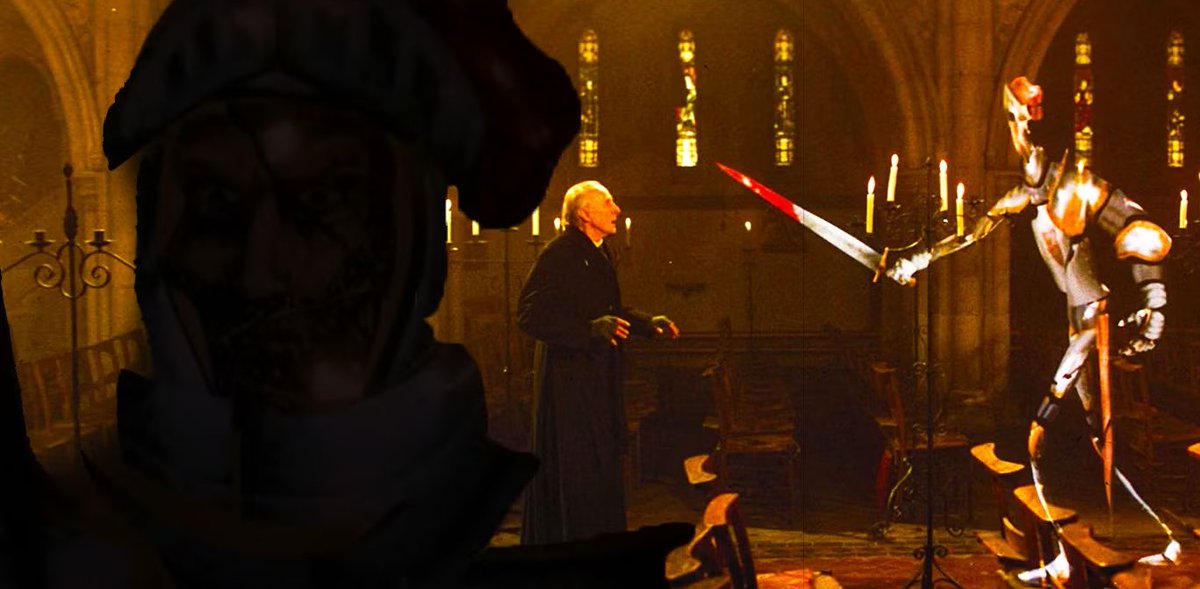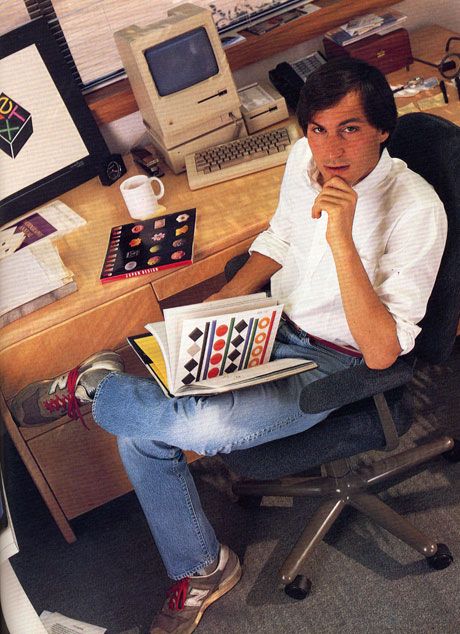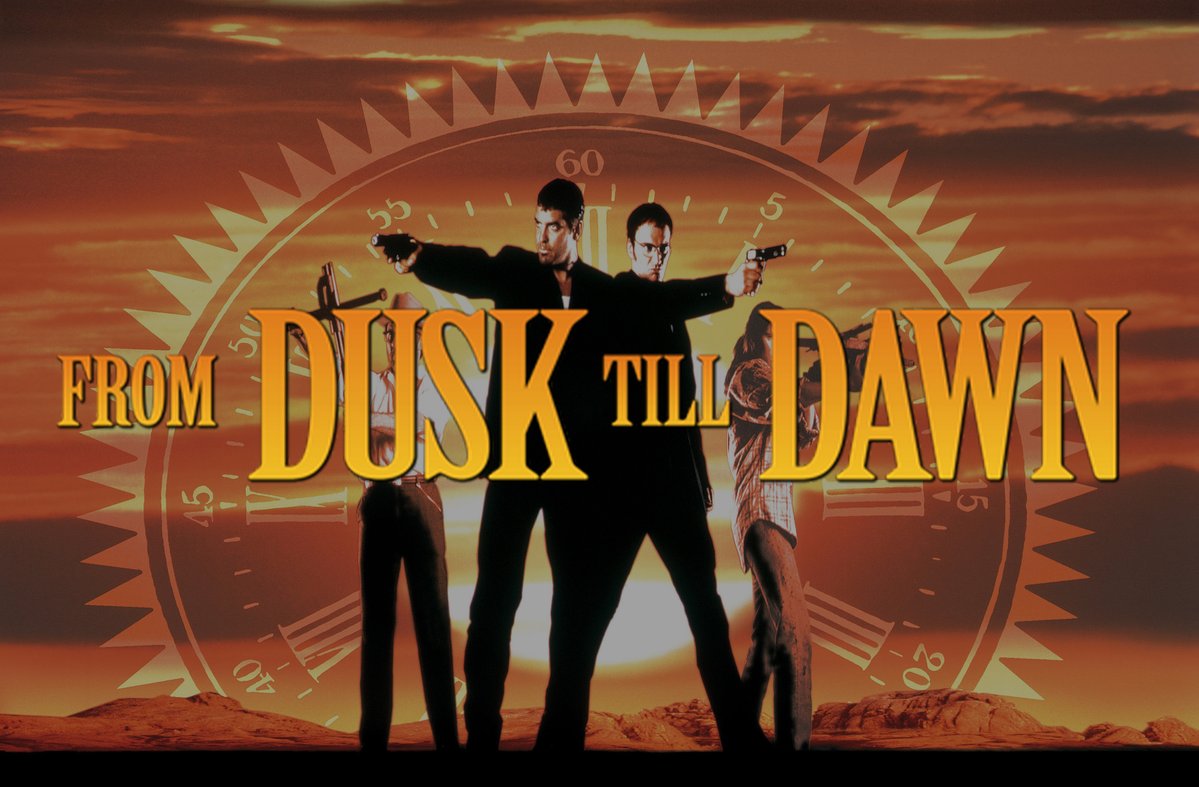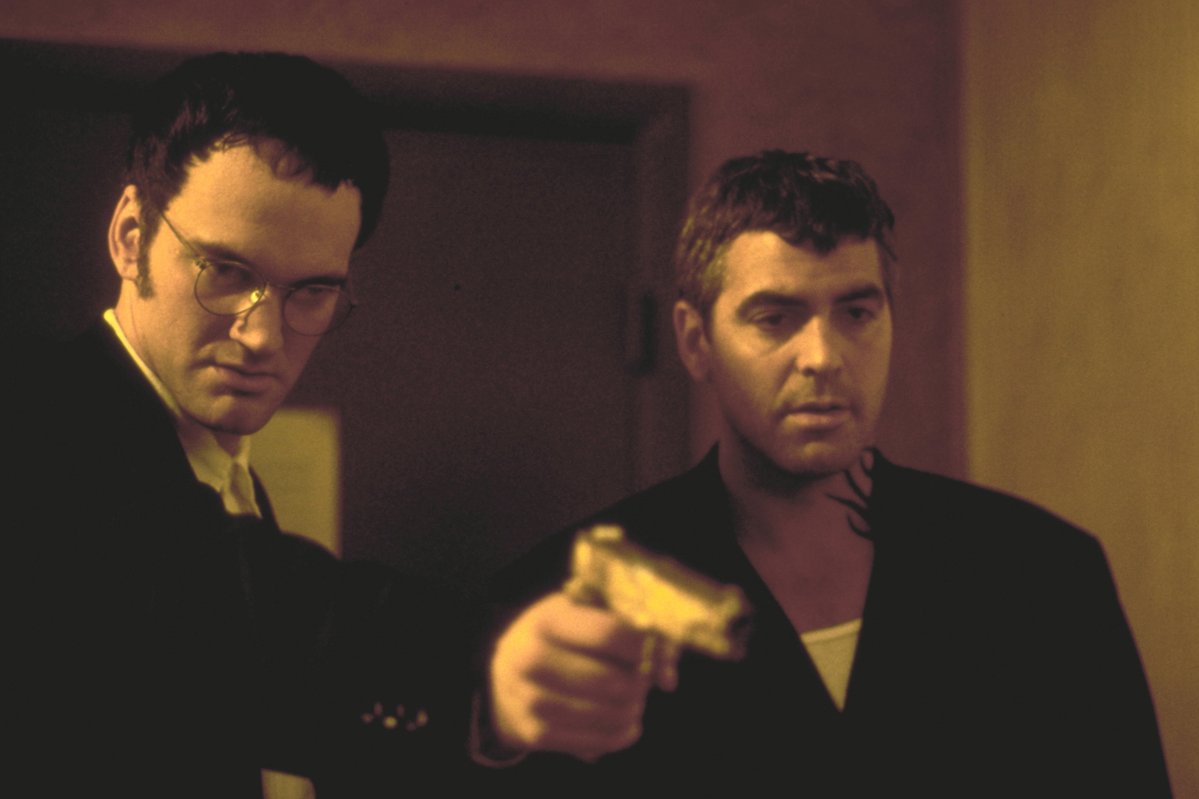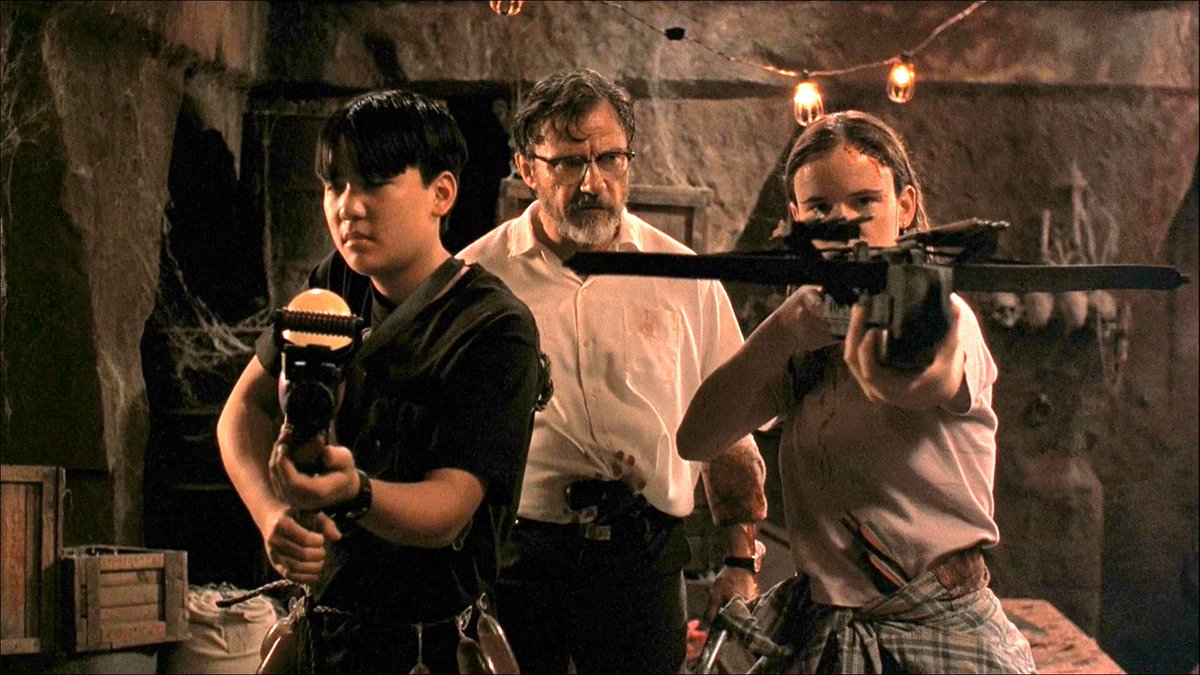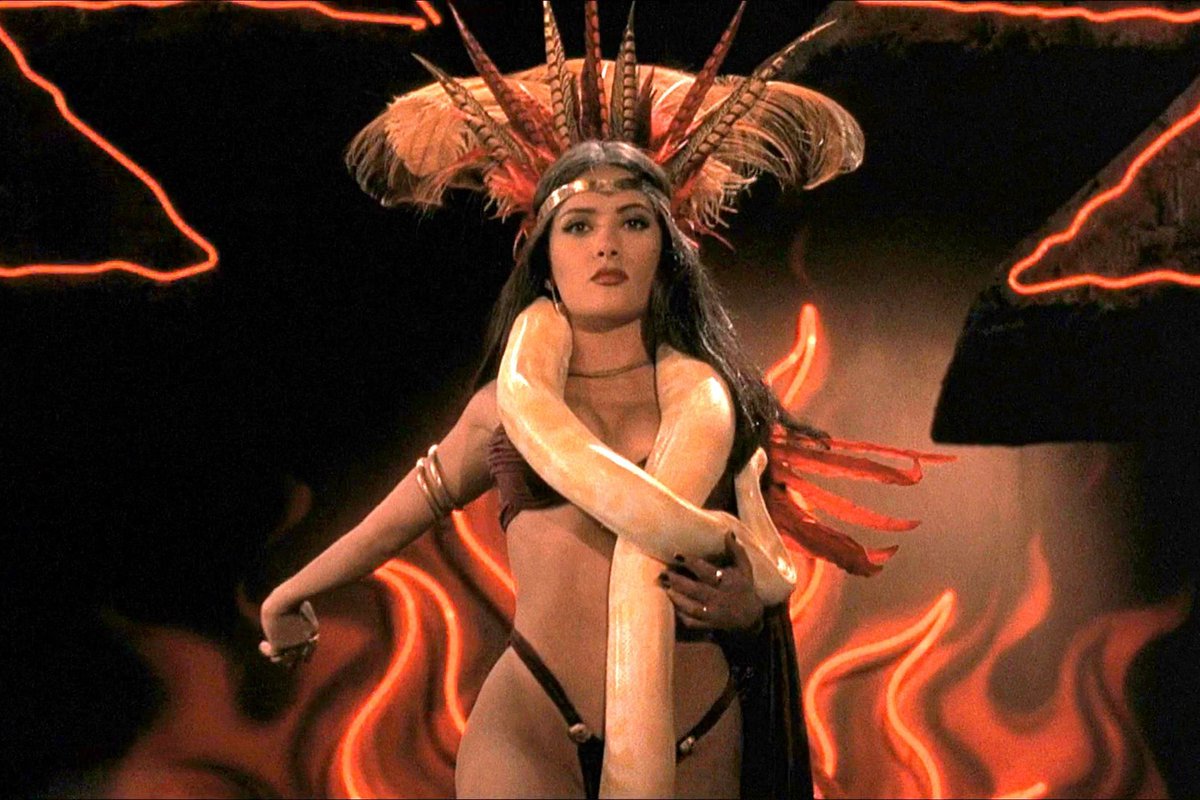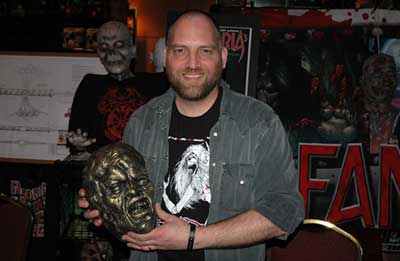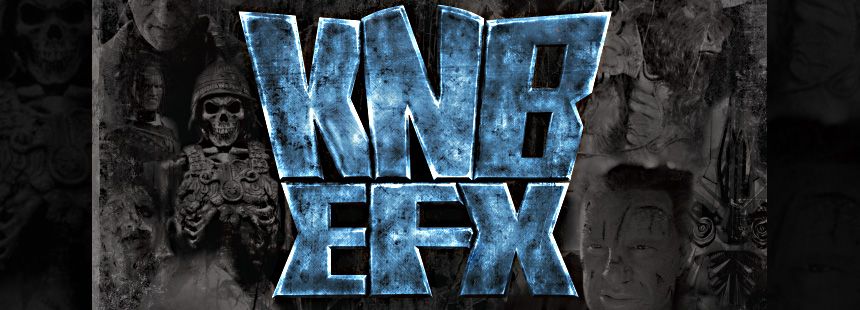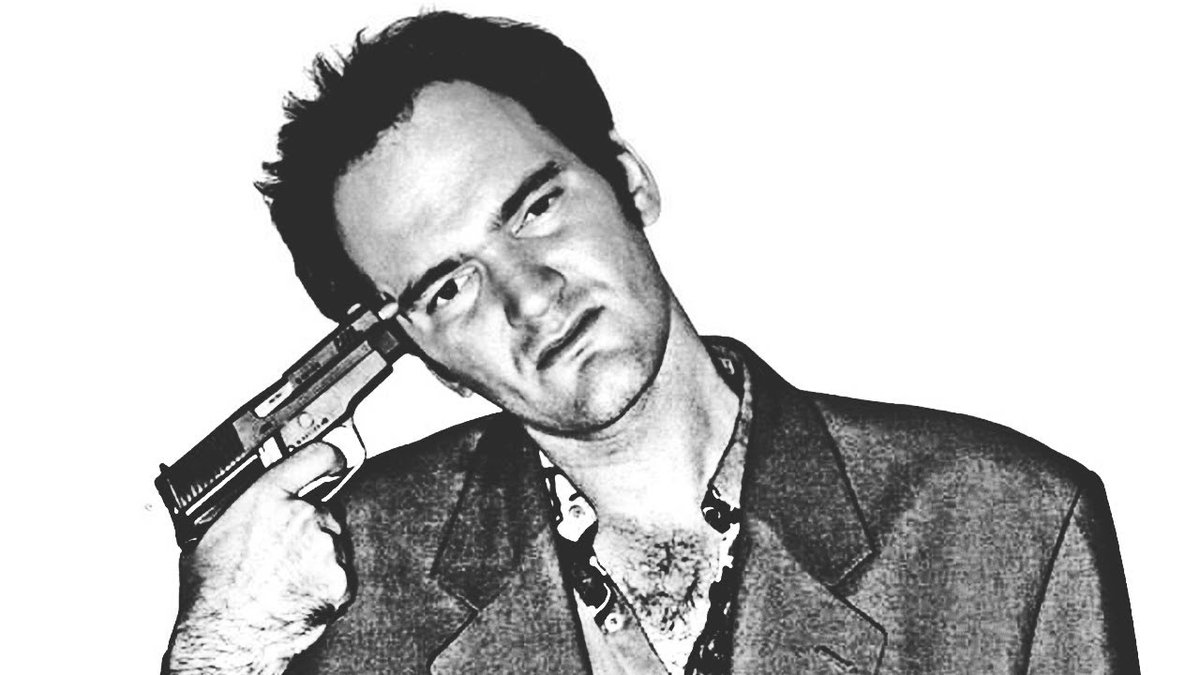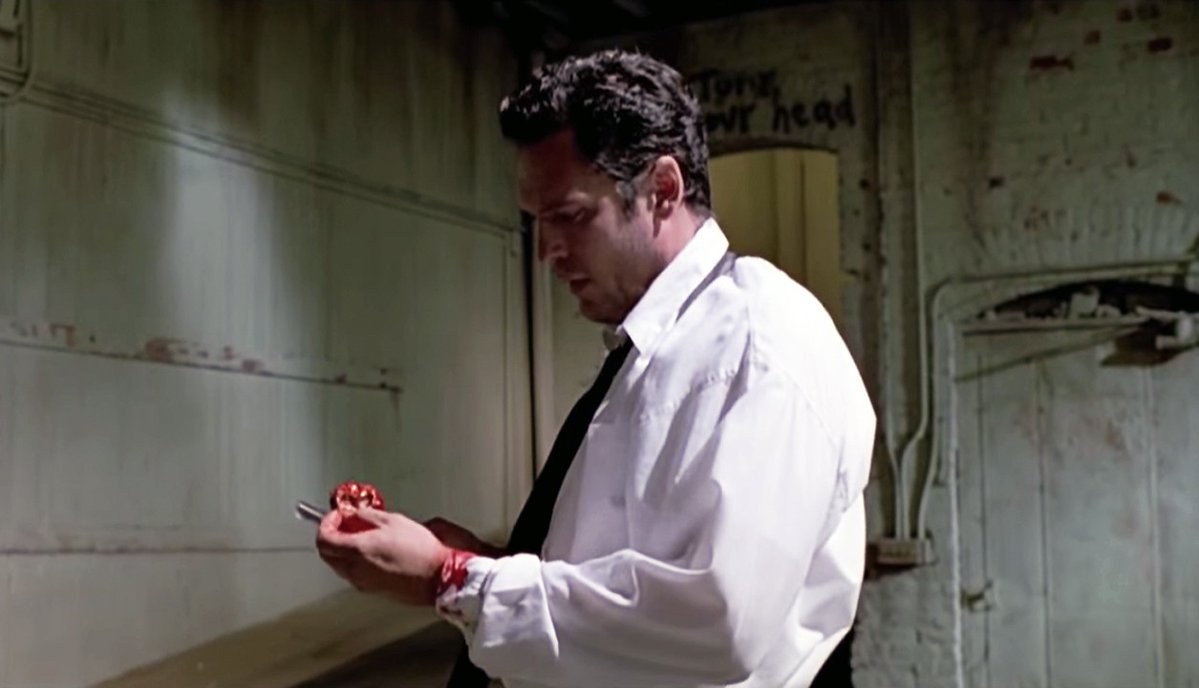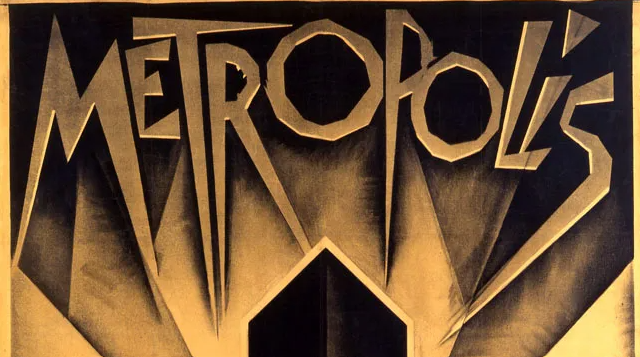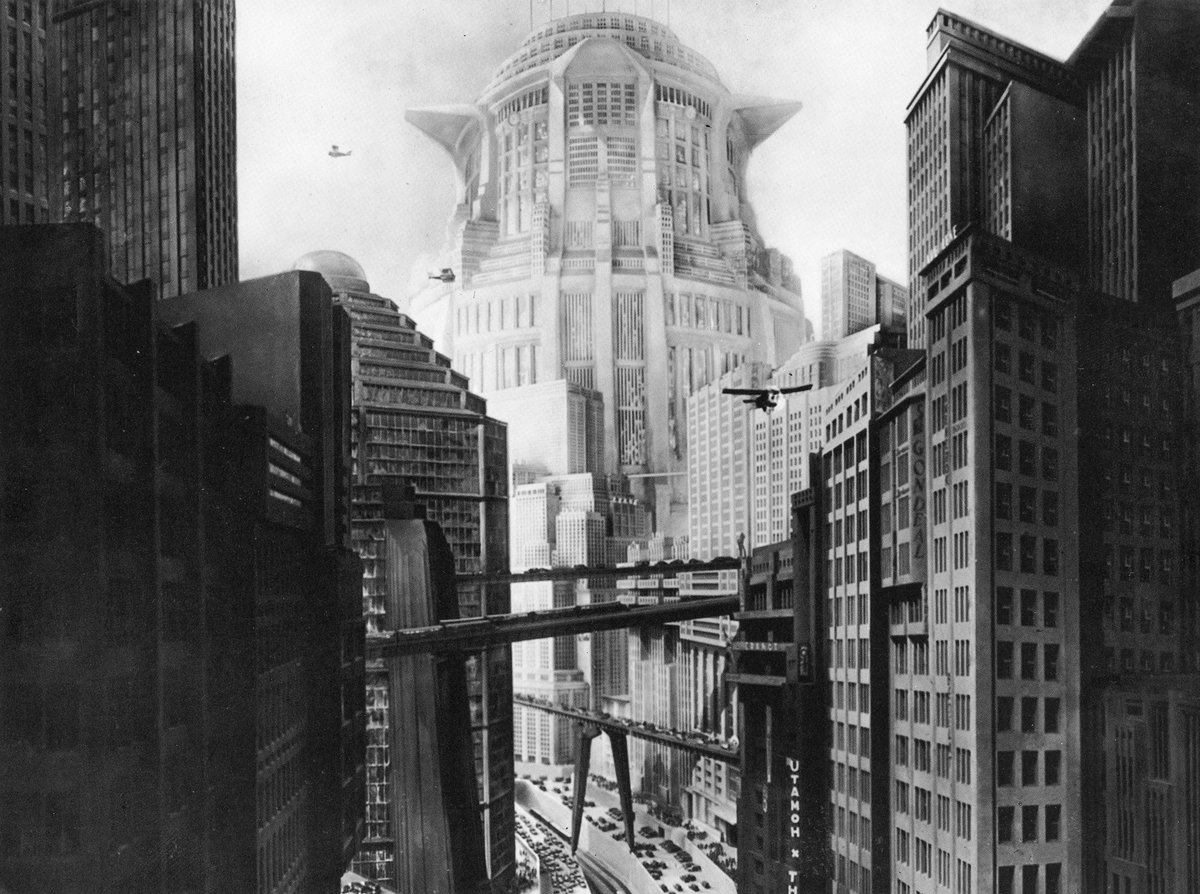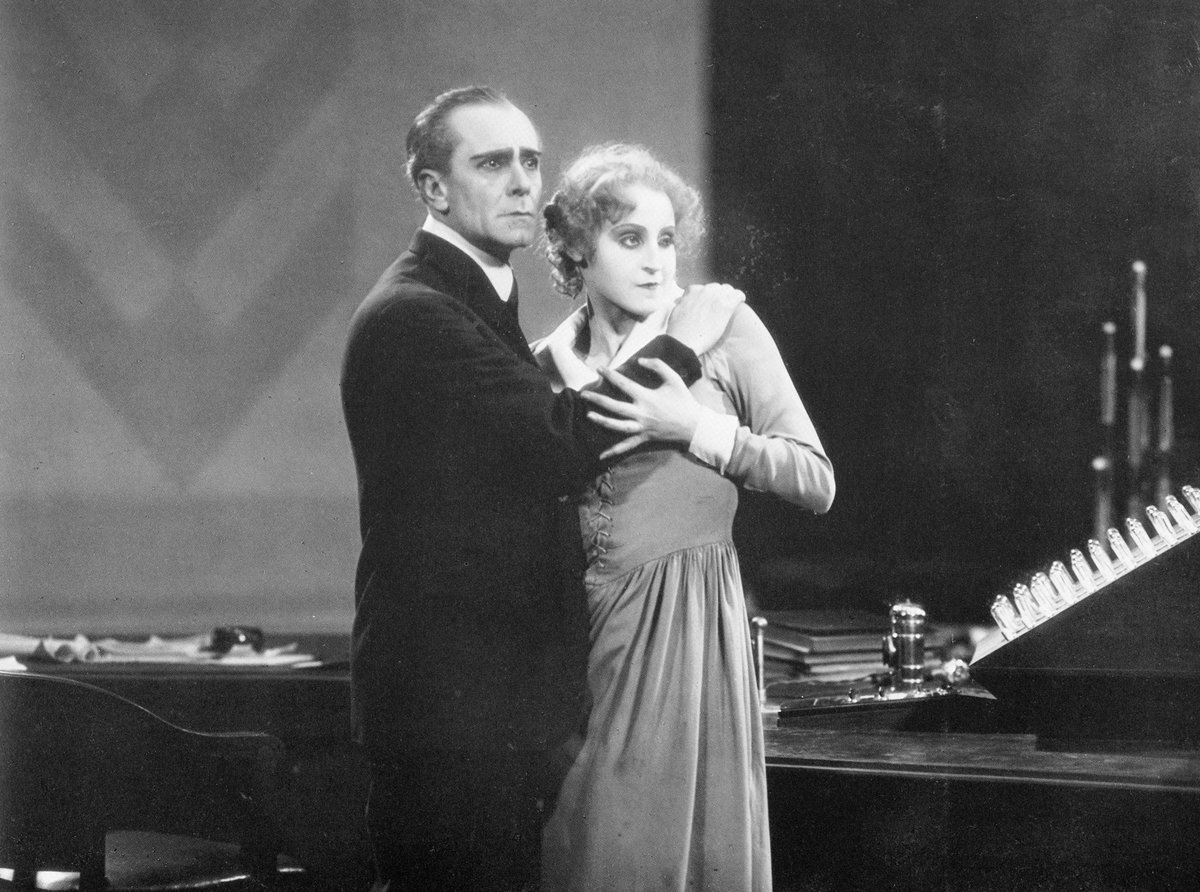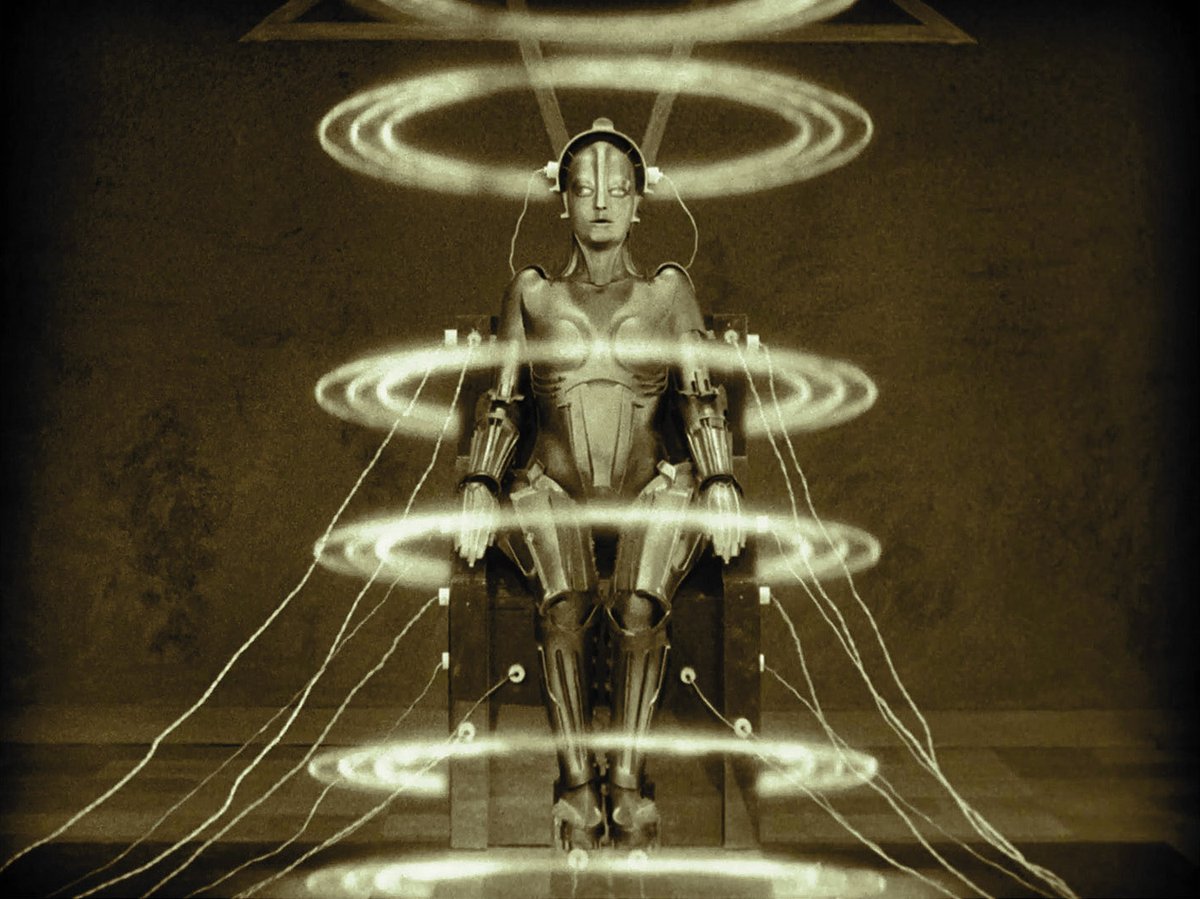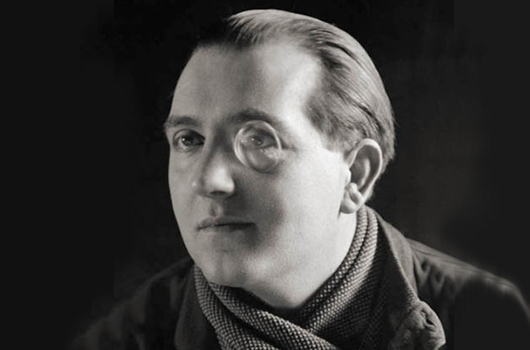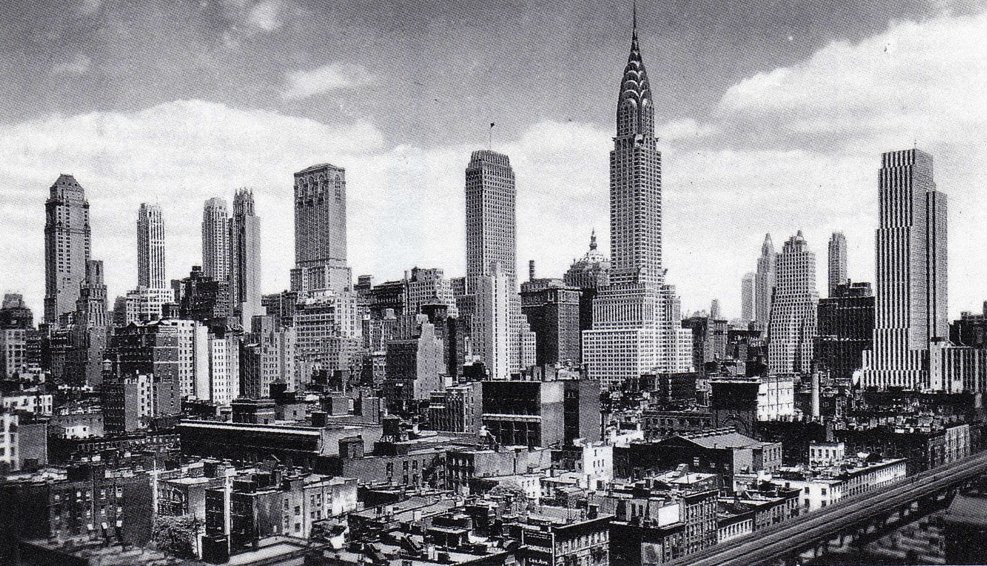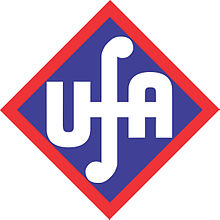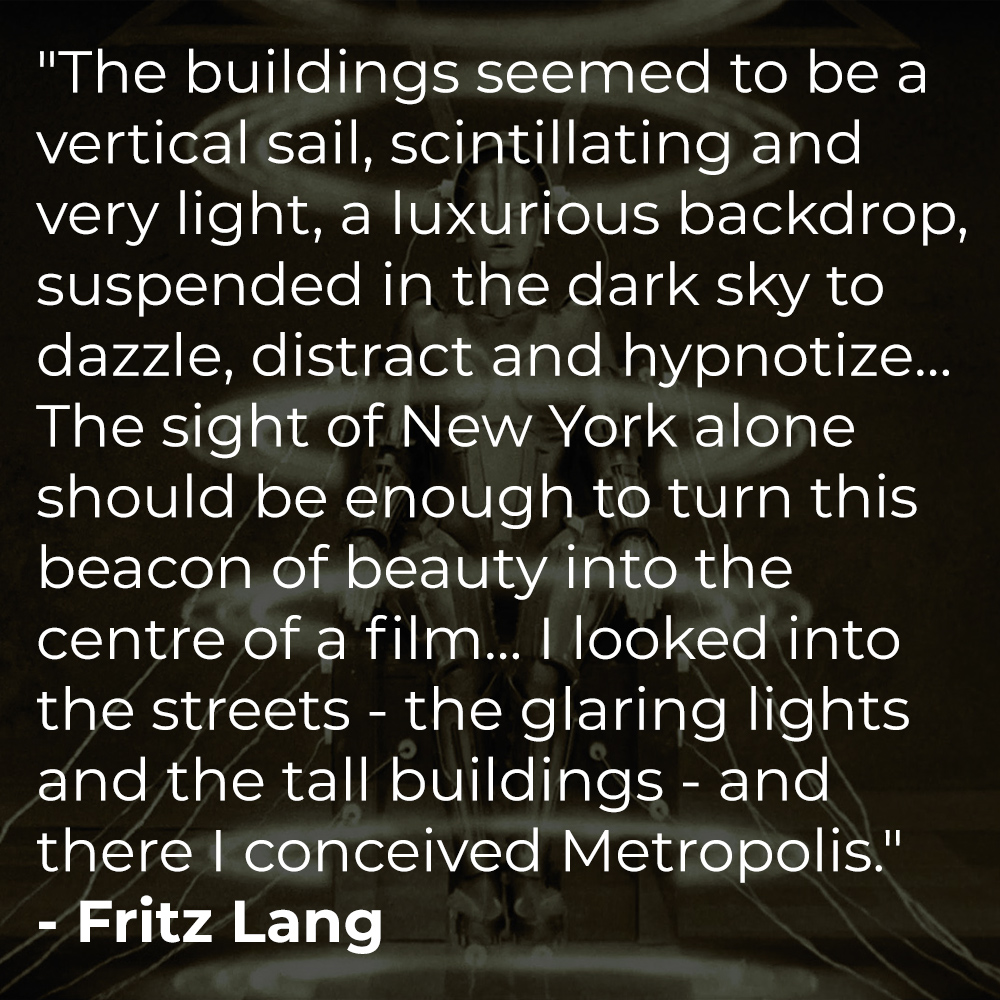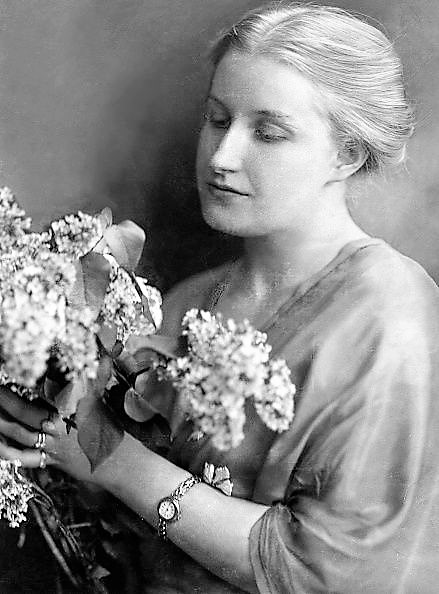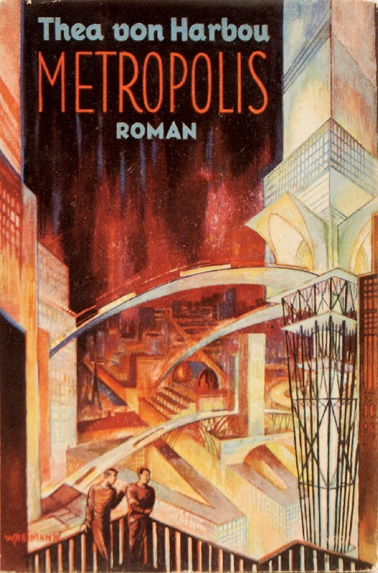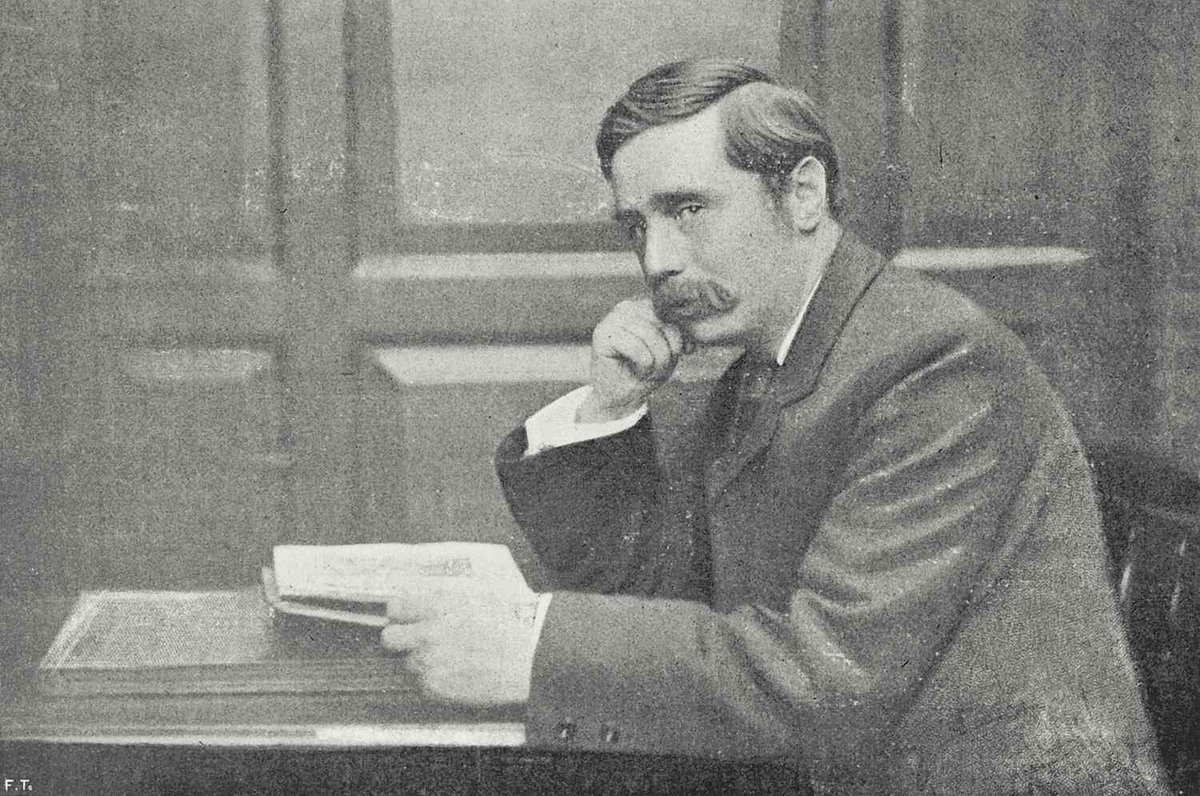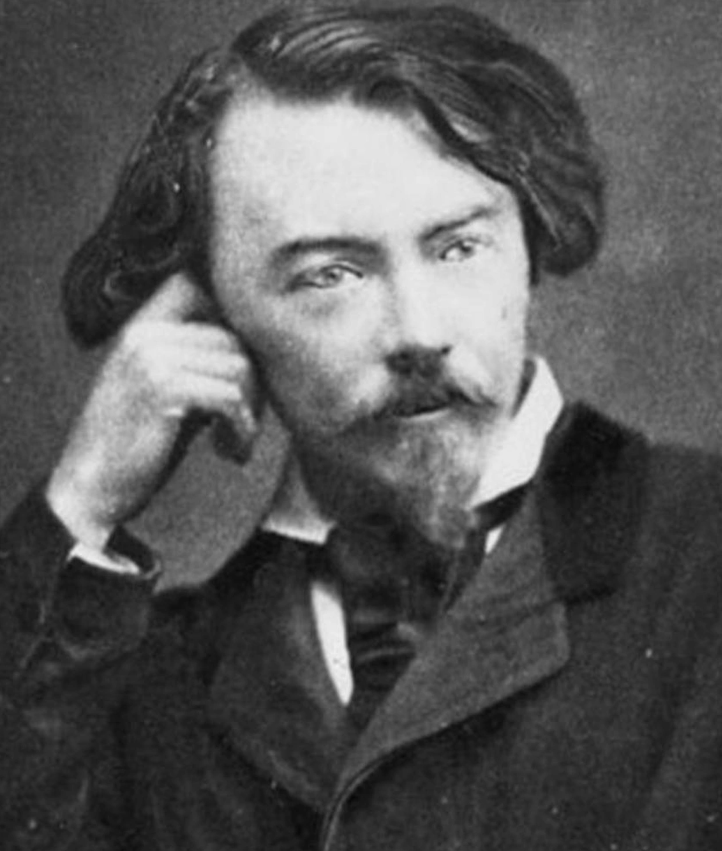BATMAN BEGINS was released 18 years ago today. Acclaimed as one of the great superhero movies and the film that catapulted the career of Christopher Nolan, the making of story is pretty massive…
A THREAD
1/34



A THREAD
1/34




Warner Bros had been looking to reboot Batman since the flop of Batman & Robin in 1997. Daren Aronofsky was attached to direct and was interested in casting Clint Eastwood as an older Batman. WB rejected his pitch though.
2/34


2/34



After seeing 2002’s Insomnia, WB were impressed with the film as a dark psychological thriller and approached its young director, Christopher Nolan, about Batman.
3/34

3/34


A fan of the Adam West TV show and Neal Adams comics from childhood, Nolan was interested and starting working with writer David S. Goyer on a script.
4/34


4/34



They wrote in Nolan’s garage and the script was so heavily guarded that WB execs were never given the script, they had to read it at the garage in Nolan’s presence. Nolan also got production designer Nathan Crowley to build a Gotham City model in his garage.
5/34


5/34



Christopher Nolan was inspired by Blade Runner from a visual point. Before production started, he screened the film to the Batman Begins cast and crew and said “This is how we’re going to make Batman.” Our SnapShot compilation showcases the great Blade Runner visuals…
6/34
6/34
Nolan shot the entirety of the film without a second unit, meaning he oversaw every single shot of the film to keep the vision consistent from script to storyboard to screen.
7/34


7/34



In casting his lead, Nolan considered Keanu Reeves, Jake Gyllenhaal, Joshua Jackson and Henry Cavill as a possible Batman/Bruce Wayne.
8/34



8/34




He screen tested many actors too. Cillian Murphy and Eion Bailey both screen tested.
When Christian Bale screen tested, Nolan thought he portrayed “exactly the balance of darkness and light” that he wanted, and cast him.
9/34
When Christian Bale screen tested, Nolan thought he portrayed “exactly the balance of darkness and light” that he wanted, and cast him.
9/34
Bale had just shot The Machinist, where he had lost almost 100lbs. To play Batman. Bale underwent a 6 month regimen of eating and working out and put on too much weight. Some of the crew called him “Fatman” and he trimmed down to his physique in the film.
10/34

10/34


Bale had some problems. He didn’t like wearing the batsuit. and called it “painful, heavy and claustrophobic.” He also lost his voice three times during filming from doing the Batman voice.
11/34



11/34




Nolan knew he wanted Michael Caine as Alfred the butler so turned up at Caine’s house one morning with the script. Caine asked what the script was and when Nolan said “It's called Batman Begins” Caine said “I'm too old to play Batman, so I guess I’m the butler?”
12/34



12/34




Alfred’s sense of duty and loyalty towards Bruce Wayne reminded Caine of the comradeship that exists in the military, so based his character’s voice on a colonel he knew when he was in the army as an 18-year-old.
13/34
13/34
Nolan wrote the part of Lucius Fox with Morgan Freeman in mind, but he also needed convincing. Nolan had to fly to Freeman’s Memphis home several times and wasn’t actually convinced he was going to turn up to filming until the first day of production.
14/34

14/34


One of the first scenes Bale filmed with Caine and Morgan Freeman involved Bruce waking up in bed. In preparing for the scene, Bale fell asleep for real and woke to find Michael Caine poking him in the rib saying “Look at that! He’s bloody fallen asleep.”
15/34
15/34
Nolan had wanted to feature D.A.Harvey Dent in the film, but decided he couldn’t do the character justice in a smaller role. So Dent was rewritten to be Rachel Dawes – Bruce’s love interest – and he cast Katie Holmes in the part.
16/34



16/34




Nolan wanted Liam Neeson to play the main villain Ra’s Al-Ghul, but when they met Neeson said “You don’t want me” and started recommending other actors. Nolan had to convince him he was the right person for the part.
17/34



17/34




At 6ft4, Neeson towered over the cast. In the training scene the other ninjas had to stand on wooden blocks. Also, in filming the fight on the ice, Neeson and Bale could hear the ice cracking beneath them. The next day it had all melted.
18/34
18/34
The first person Nolan thought of to play Ra’s Al Ghul was Gary Oldman. Oldman loved Nolan’s vision but wasn't interested in playing another villain. It was he who suggested playing Jim Gordon and Nolan said “that’s an interesting idea.”
19/34

19/34


The second villain is Jonathan Crane, AKA Scarecrow., Christopher Eccleston and Ewan McGregor were all considered. Nolan had loved Cillian Murphy’s Batman audition though, so cast him. Nolan was fascinated by Murphy’s blue eyes so told Murphy to keep removing his glasses.
20/34



20/34




Wanting to ground his film in reality, Nolan didn’t want Scarecrow to have a mask. He had to be convinced by David S. Goyer and Nolan had many masks created before seeing one he liked.
21/34
21/34
Jack Gleeson, who later played Joffrey in Game of Thrones, also appears. He plays the kid who comes across Batman stalking Gotham.
22/34
22/34
To prevent leaks, Batman Begins was titled The Intimidation Game. The film’s actual title went through changes too. It was known as Batman 5 and Batman: The Frightening before co-writer David S. Goyer suggested Batman Begins.
23/34



23/34




Hans Zimmer and James Newton Howard composed the score. There were also contributions from Ramin Djawadi, Lorne Balfe, and Mel Wesson. They worked on separate themes to represent the split personality of Bruce Wayne and Batman.
24/34


24/34



The names of the tracks are taken from types of bats. Including Barbastella, Artibeus, Tadarida, Macrotus, Antrozous, and Nycterus. Also, the first letters from the titles of tracks 4-9 (the ones just mentioned) spell BATMAN.
25/34
25/34

A lot of Batman’s tech was based on real-life technology. The cape was made by electrostatic flocking, taught to the crew by the British Ministry of Defense who used this to decrease visibility of soldiers. The current created a dark sheen across the fabric.
26/34
26/34
The Batcave was constructed as a colossal set at Shepperton Studios in England, where the team built rocks from molds of real caves. Measuring 250 feet long, 120 feet wide, and 40 feet high, it was designed by Nathan Crowley and had a pump-driven waterfall installed.
27/34
27/34
For the below scene Nolan wanted to use real bats. They couldn’t be controlled though, so CGI was used instead. The scene is basically lifted straight from Frank Miller’s classic comic book Batman: Year One.
28/34
28/34
The house which served as Wayne Manor was Mentmore Towers, a former Rothschild estate in Buckinghamshire, England. It also appeared in The Mummy Returns, Brazil and Eyes Wide Shut.
29/34



29/34




The Tumbler was 9 feet wide, 16 feet long and designed by Chris Corbould and Andrew Smith. It was built from scratch with a fiberglass body and was actually a fully functional vehicle. It took $150K and a year of engineering to construct and could reach speeds of 106mph.
30/34
30/34
While shooting on the streets of Chicago, a drunk driver accidentally crashed into the Batmobile. He said he hit the car in a state of panic, believing the vehicle to be an invading alien spacecraft.
31/34

31/34


The film ends with Gordon giving Batman a Joker playing card. This idea for a final scene was taken from Frank Miller’s Batman Year One.
32/34
32/34
The film was a big hit, taking $373m from a $150m budget. It spawned two sequels and The Dark Knight Trilogy is now acclaimed as one of the greatest trilogies ever made.
33/34


33/34



To finish, the brilliant first appearance of Batman, taking down the bad guys…
34/34
34/34
If you liked this thread, please RT the opening tweet...
https://twitter.com/ATRightMovies/status/1669357000235581444?s=20
Our latest podcast is on Paul Thomas Anderson's THERE WILL BE BLOOD. Please give it a listen 😀
alltherightmovies.com/podcast/there-…
alltherightmovies.com/podcast/there-…
• • •
Missing some Tweet in this thread? You can try to
force a refresh


